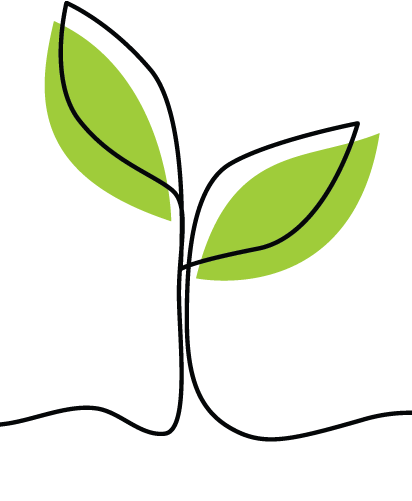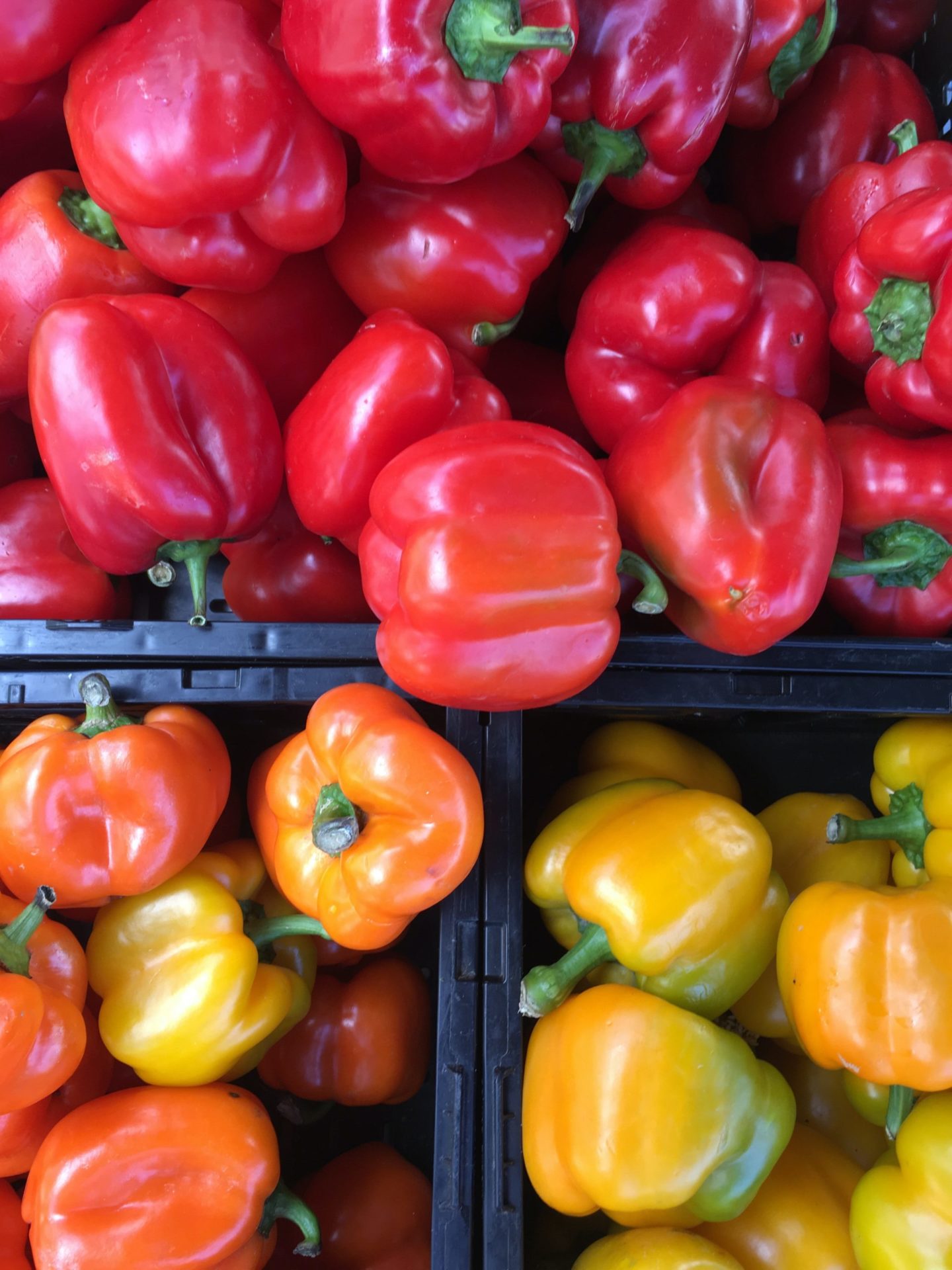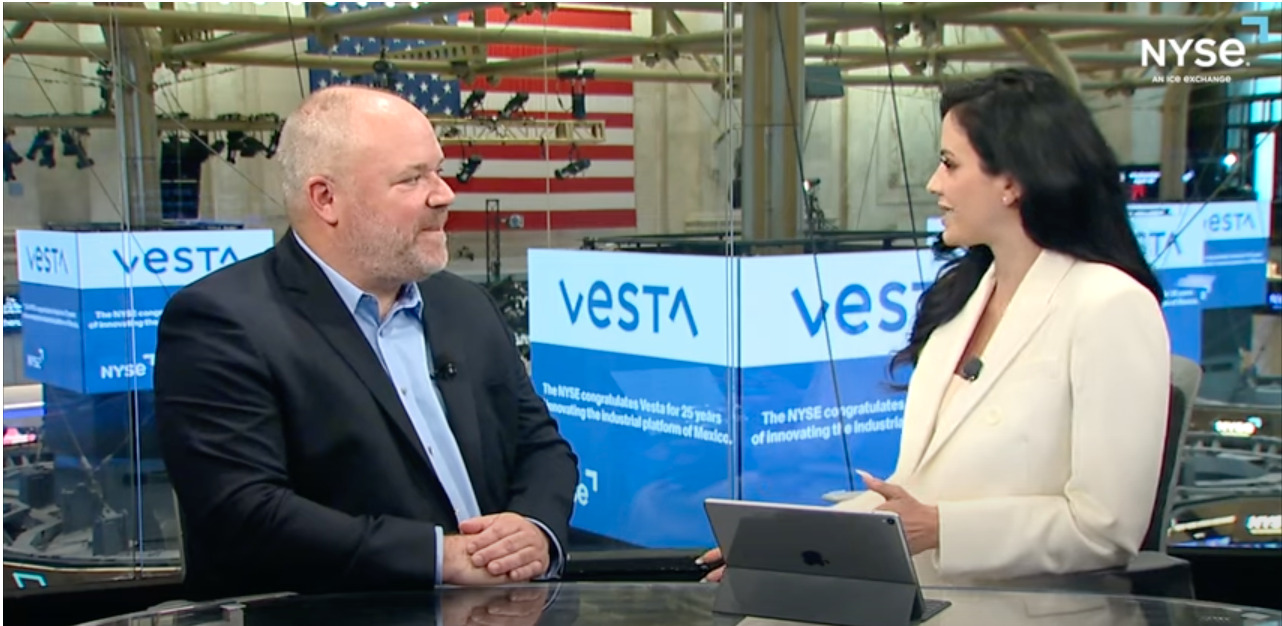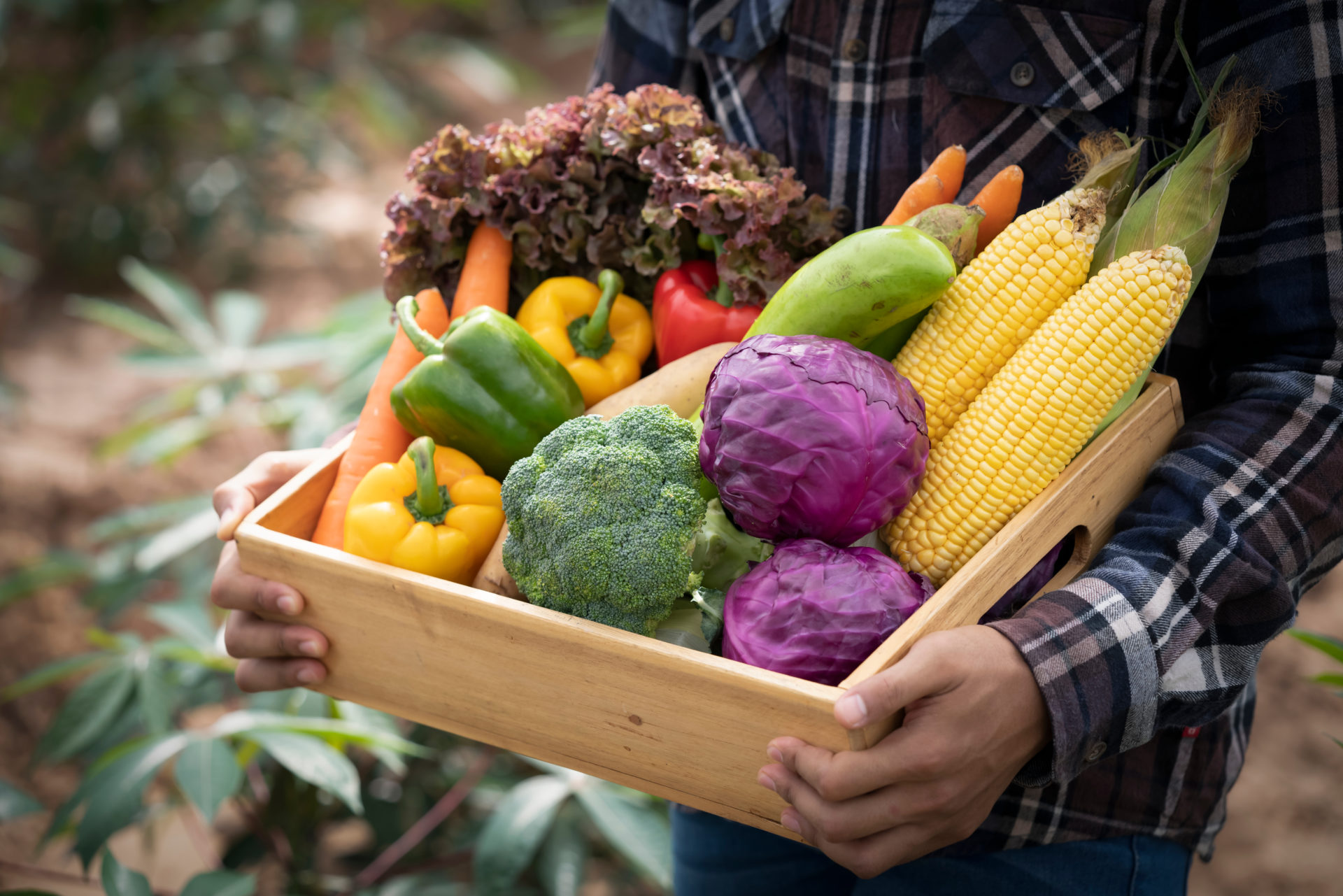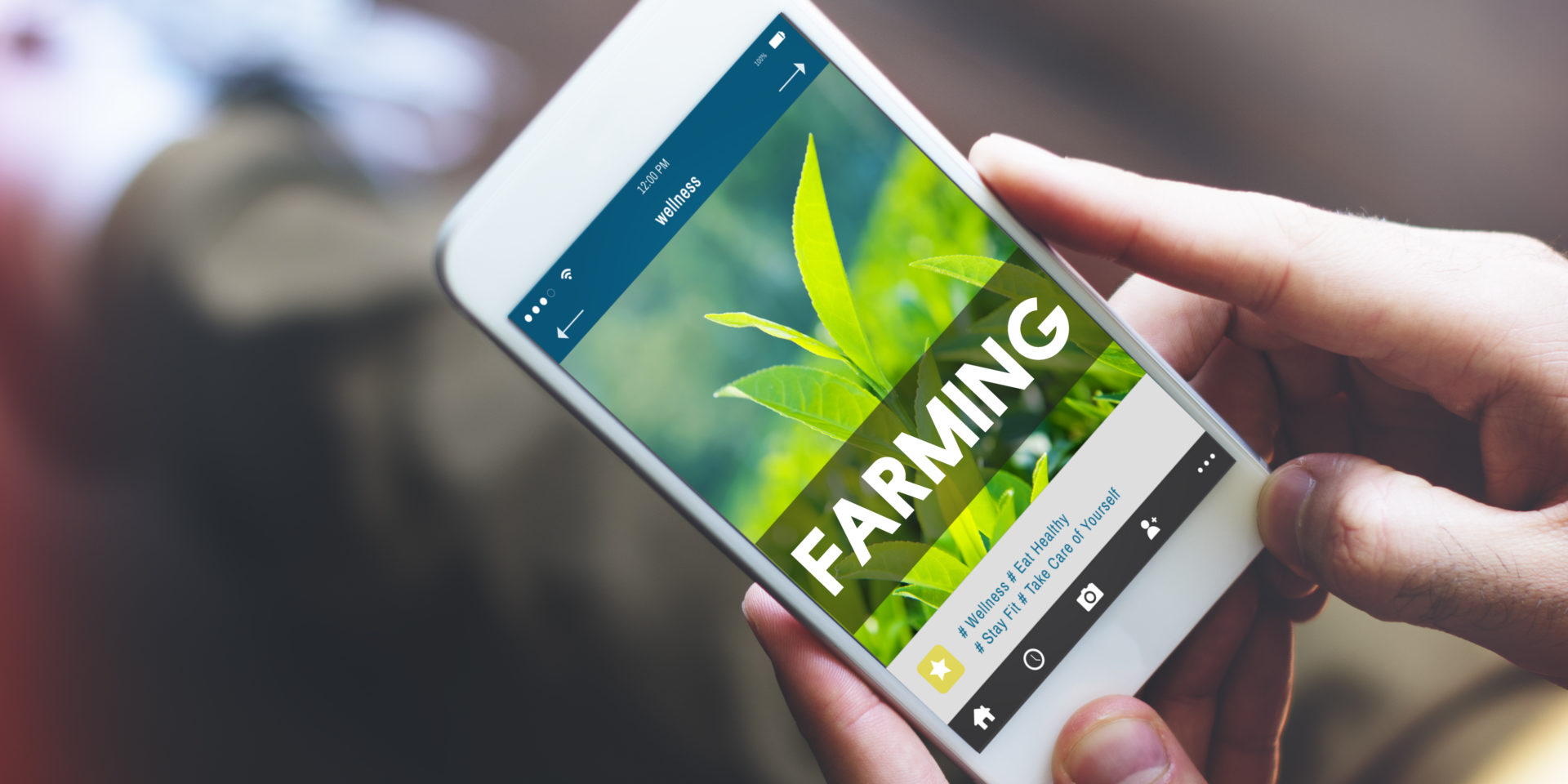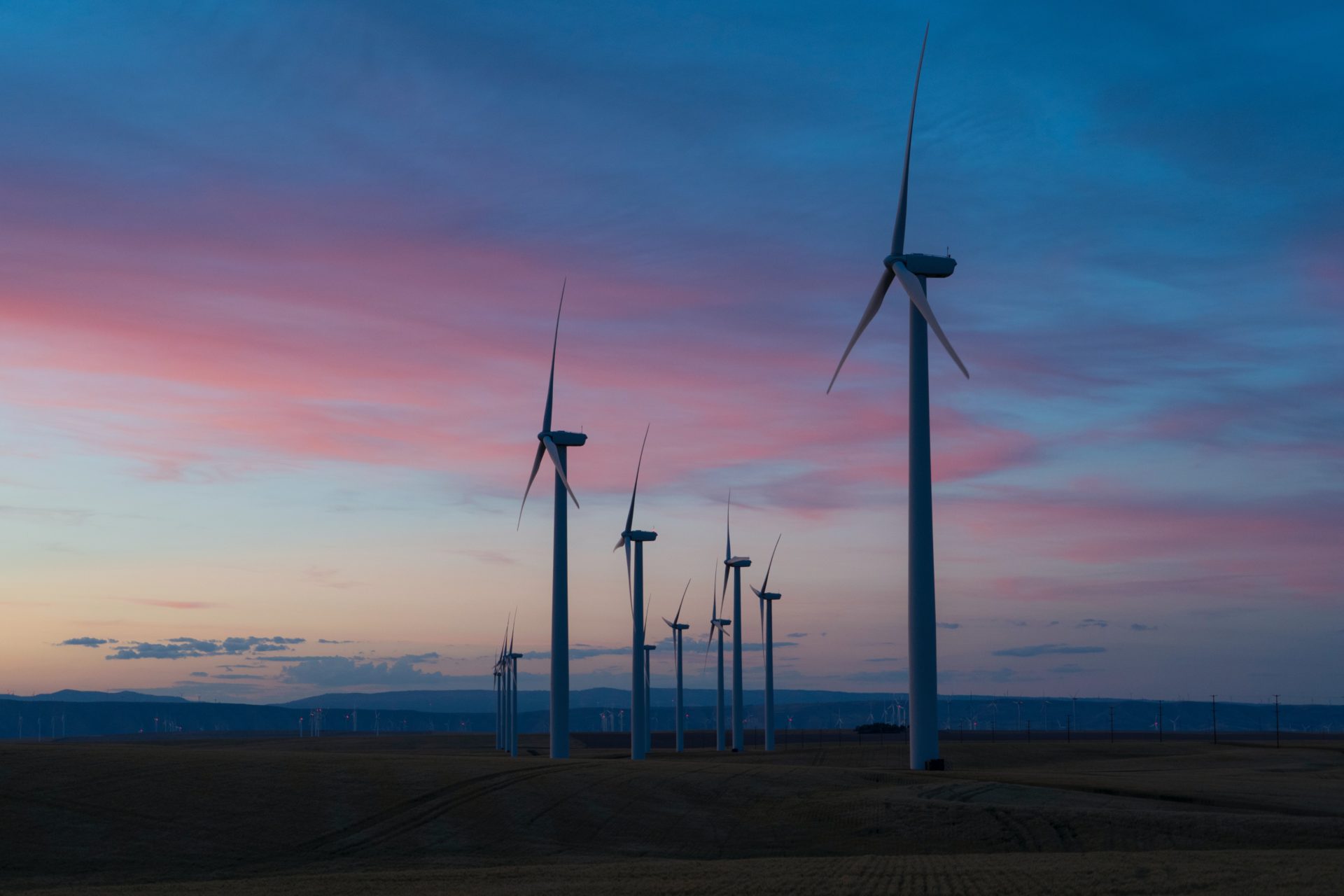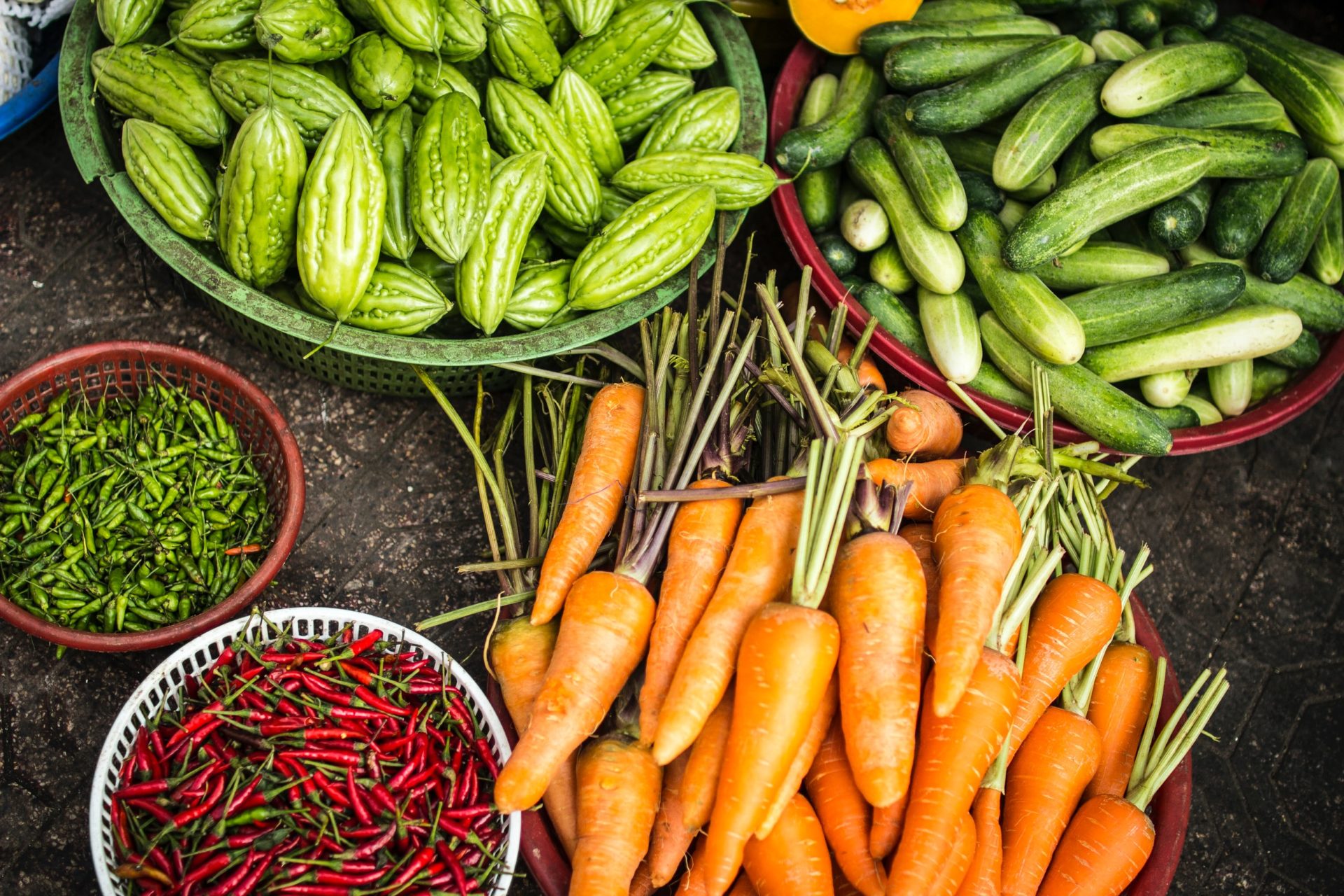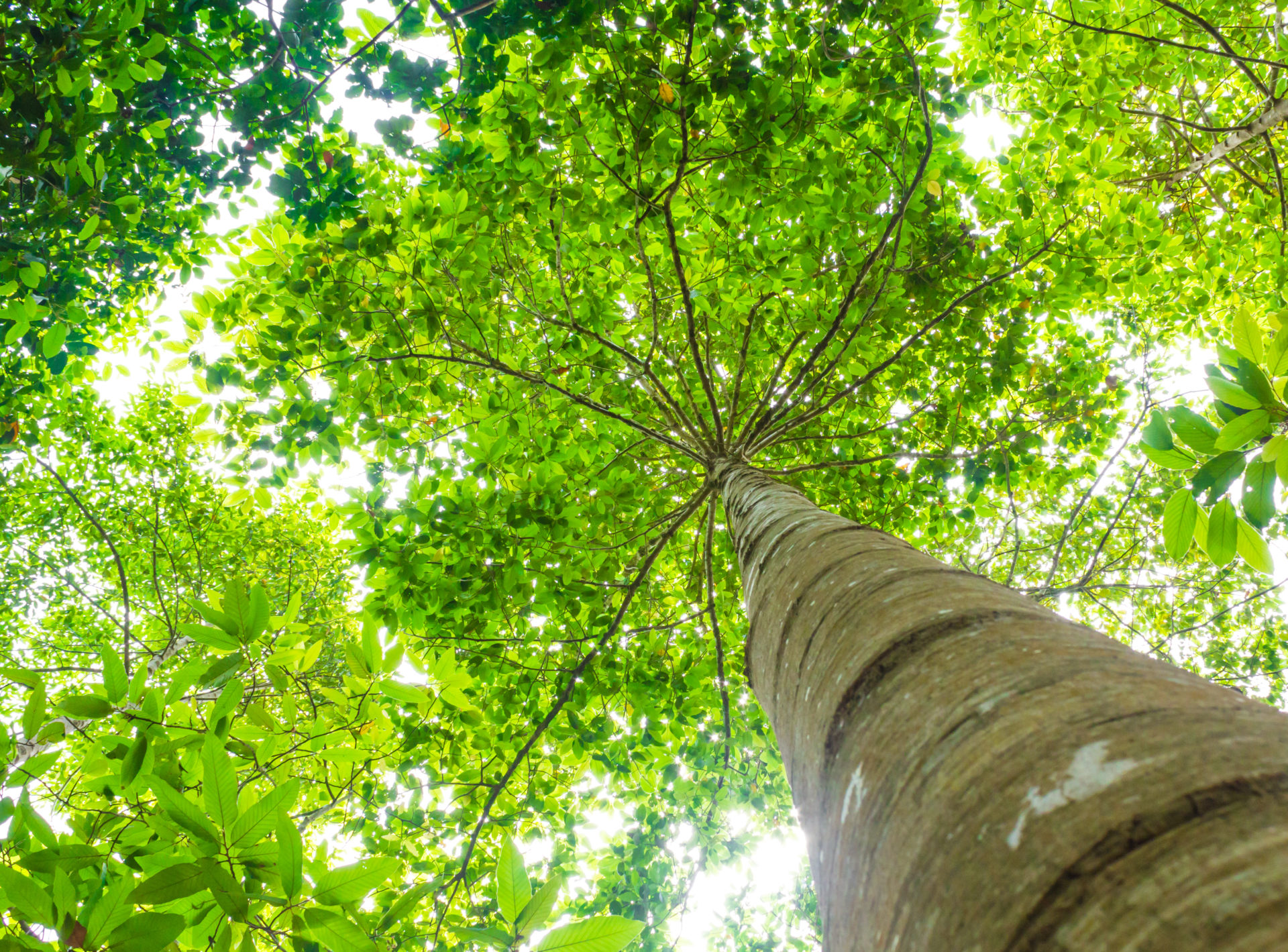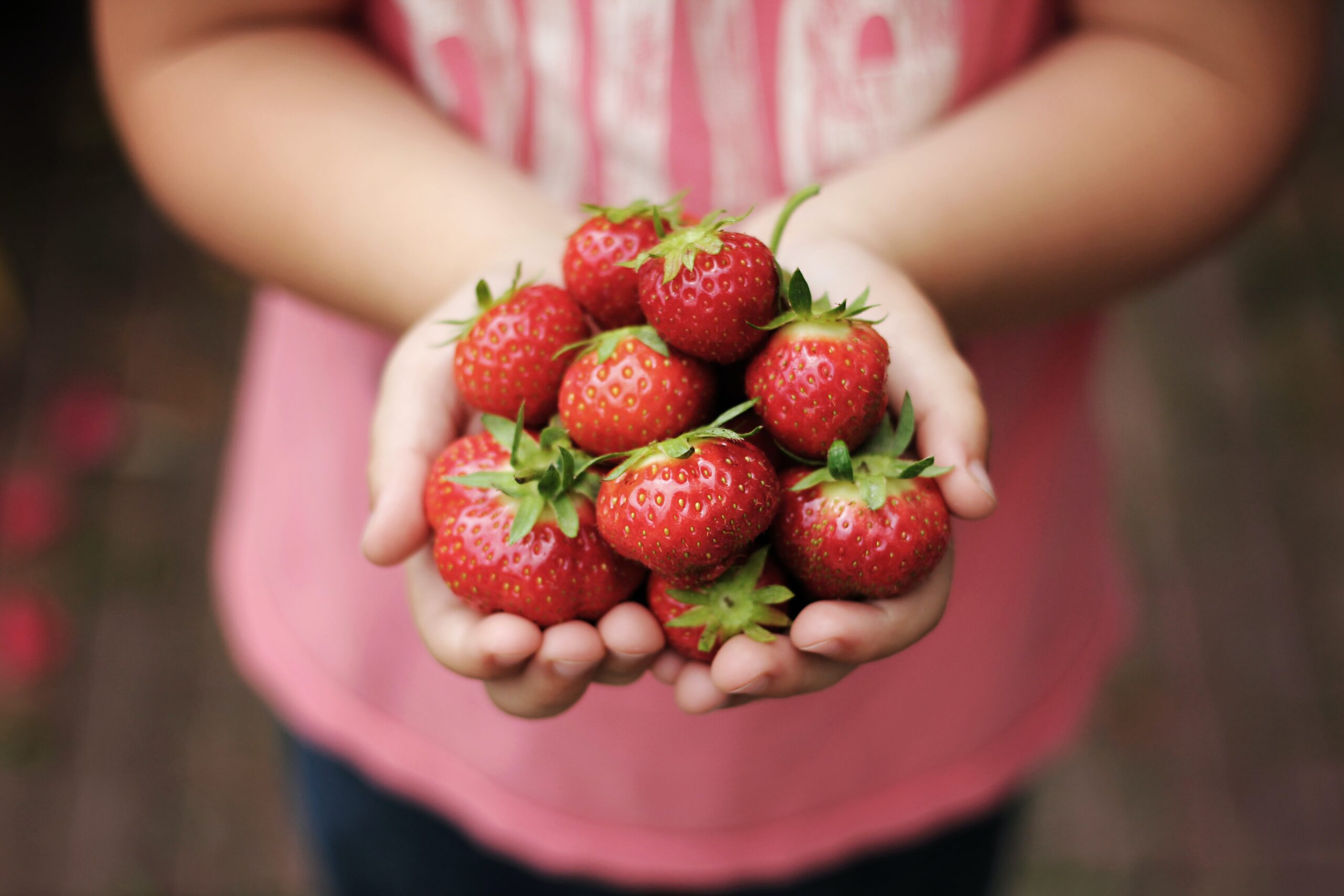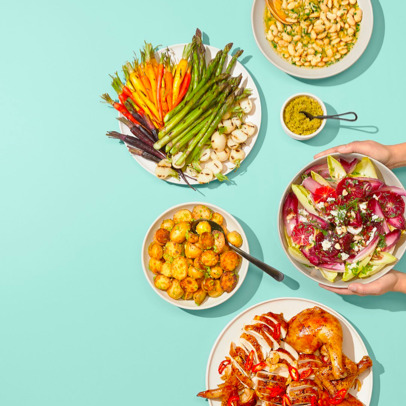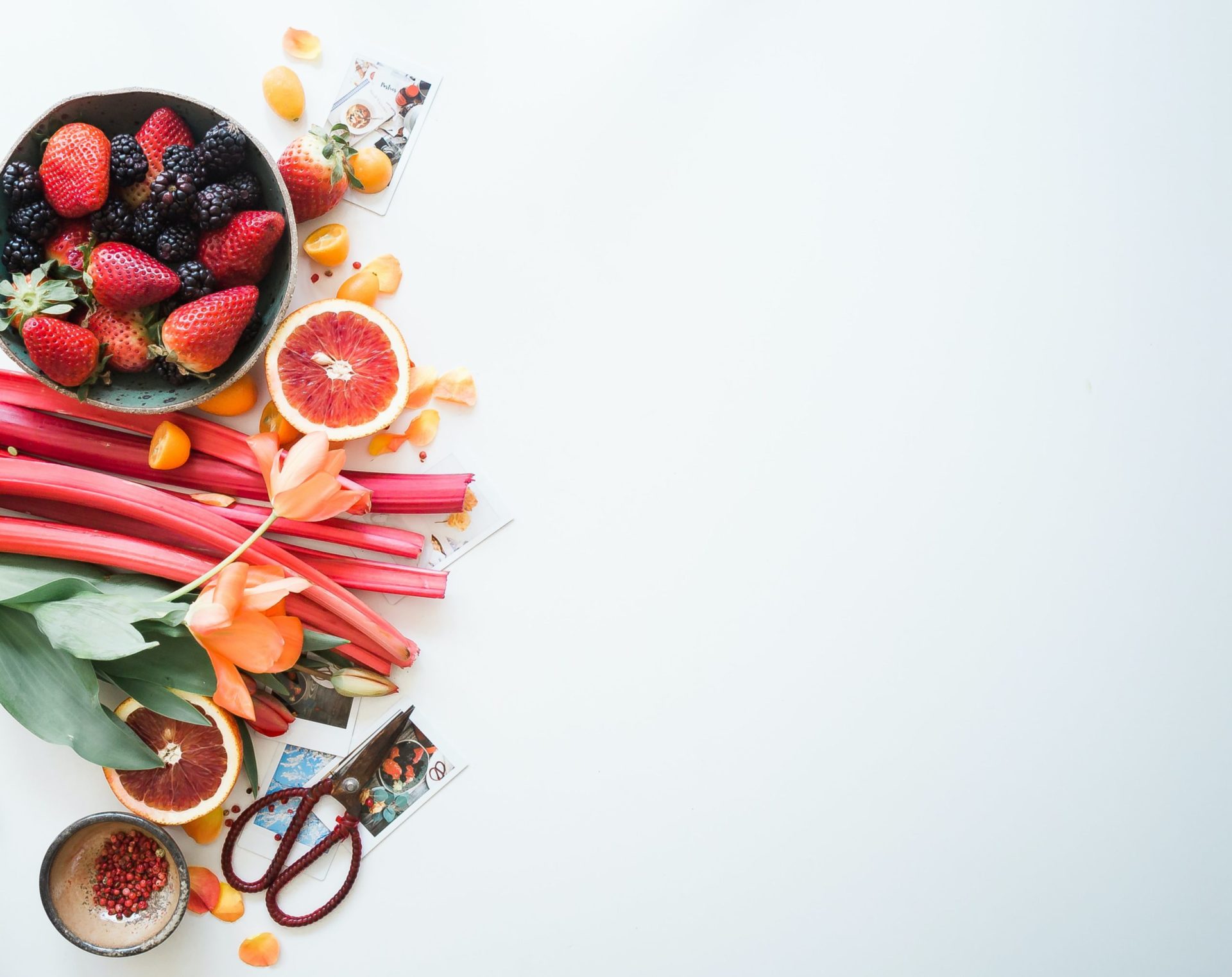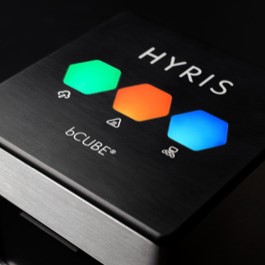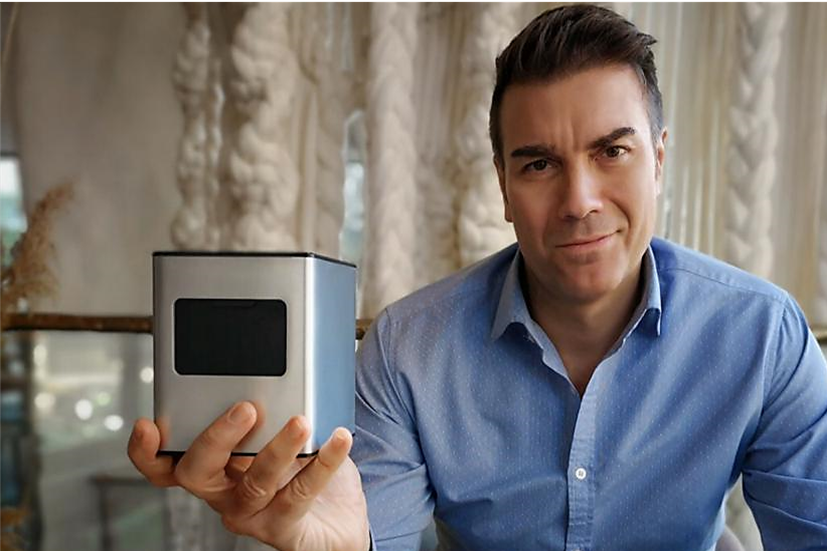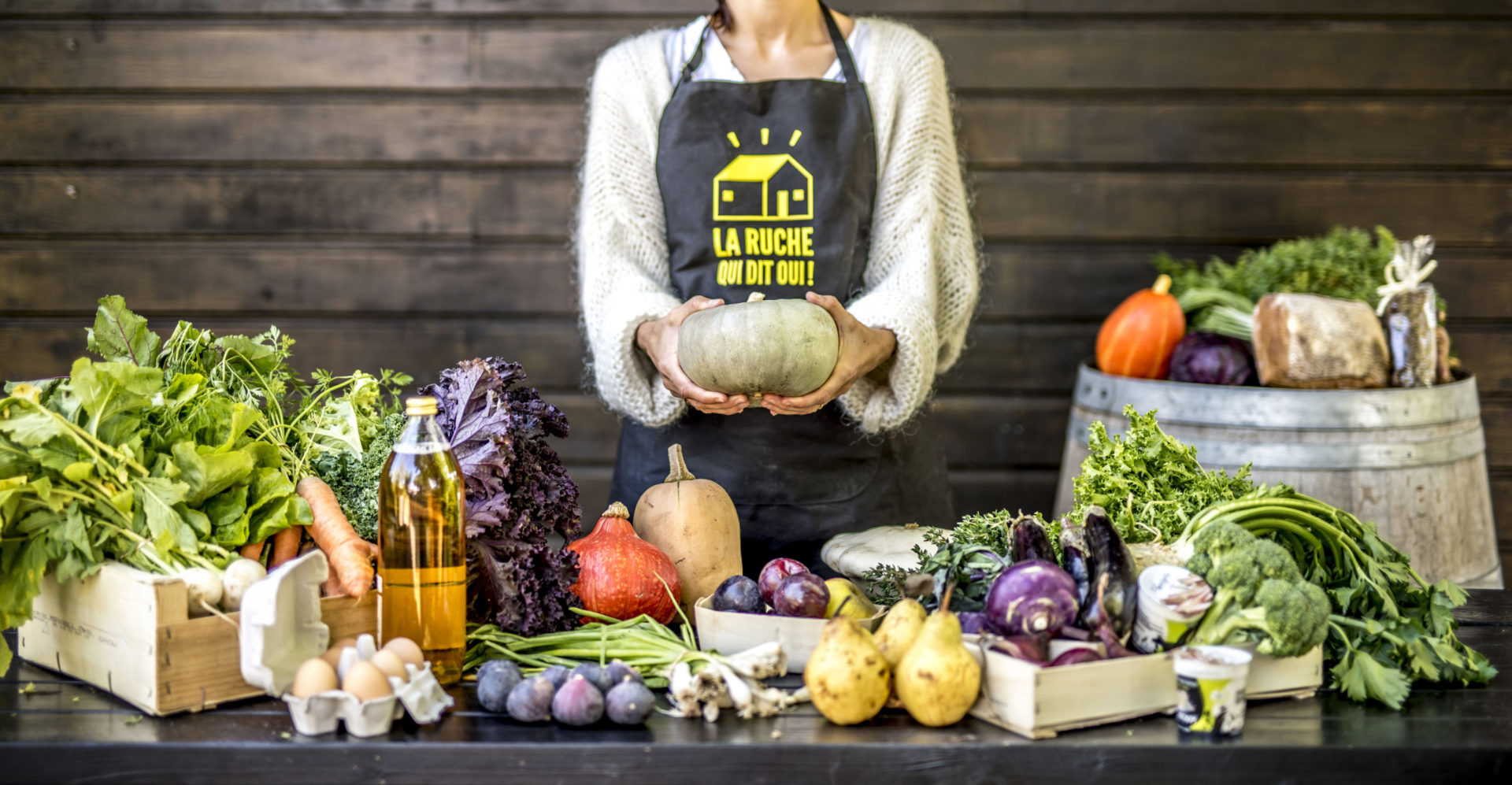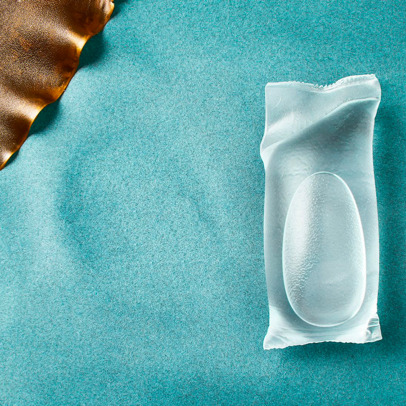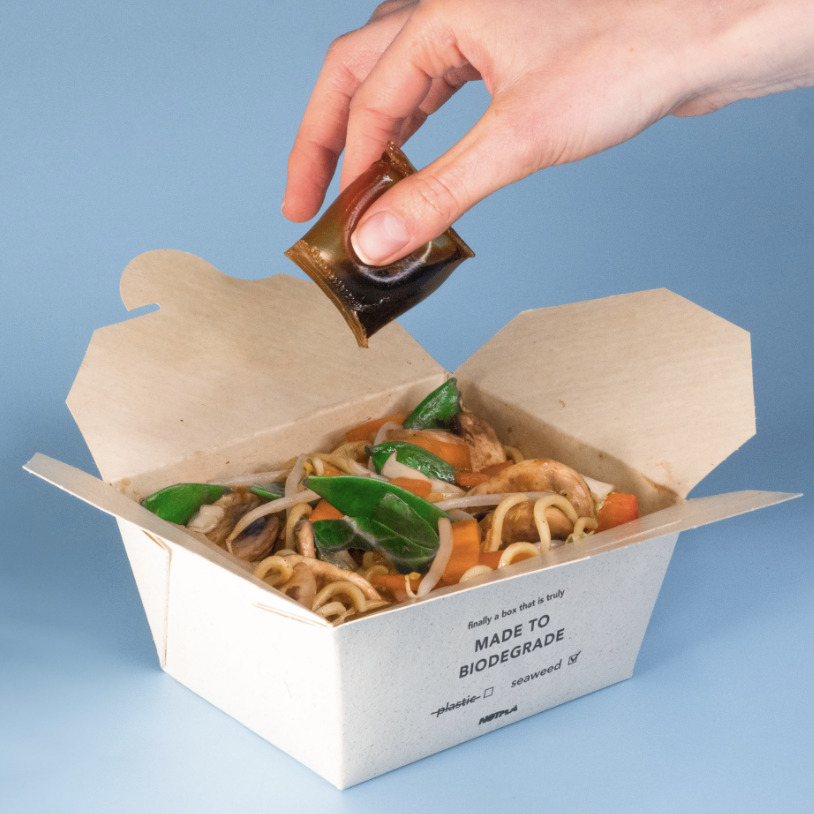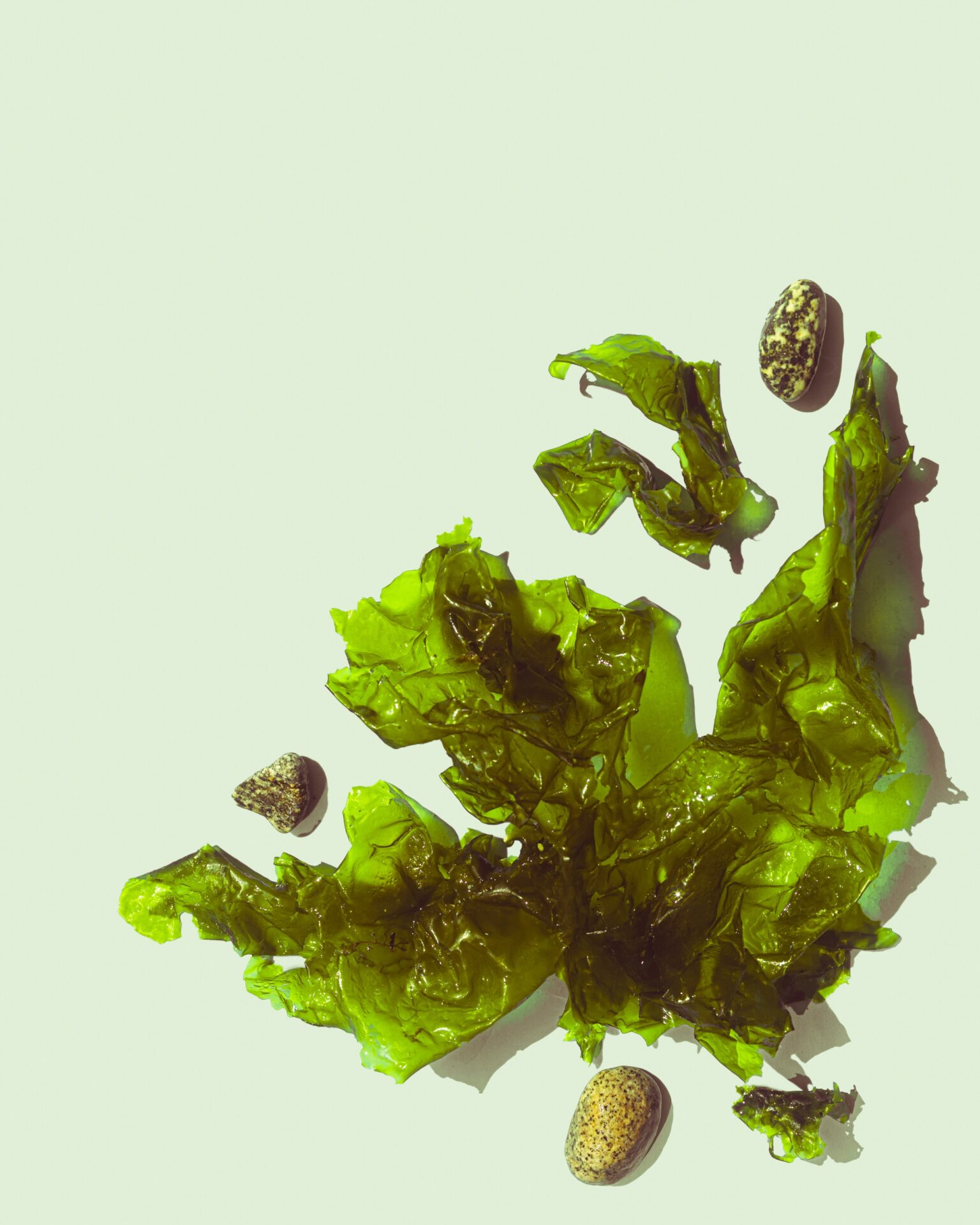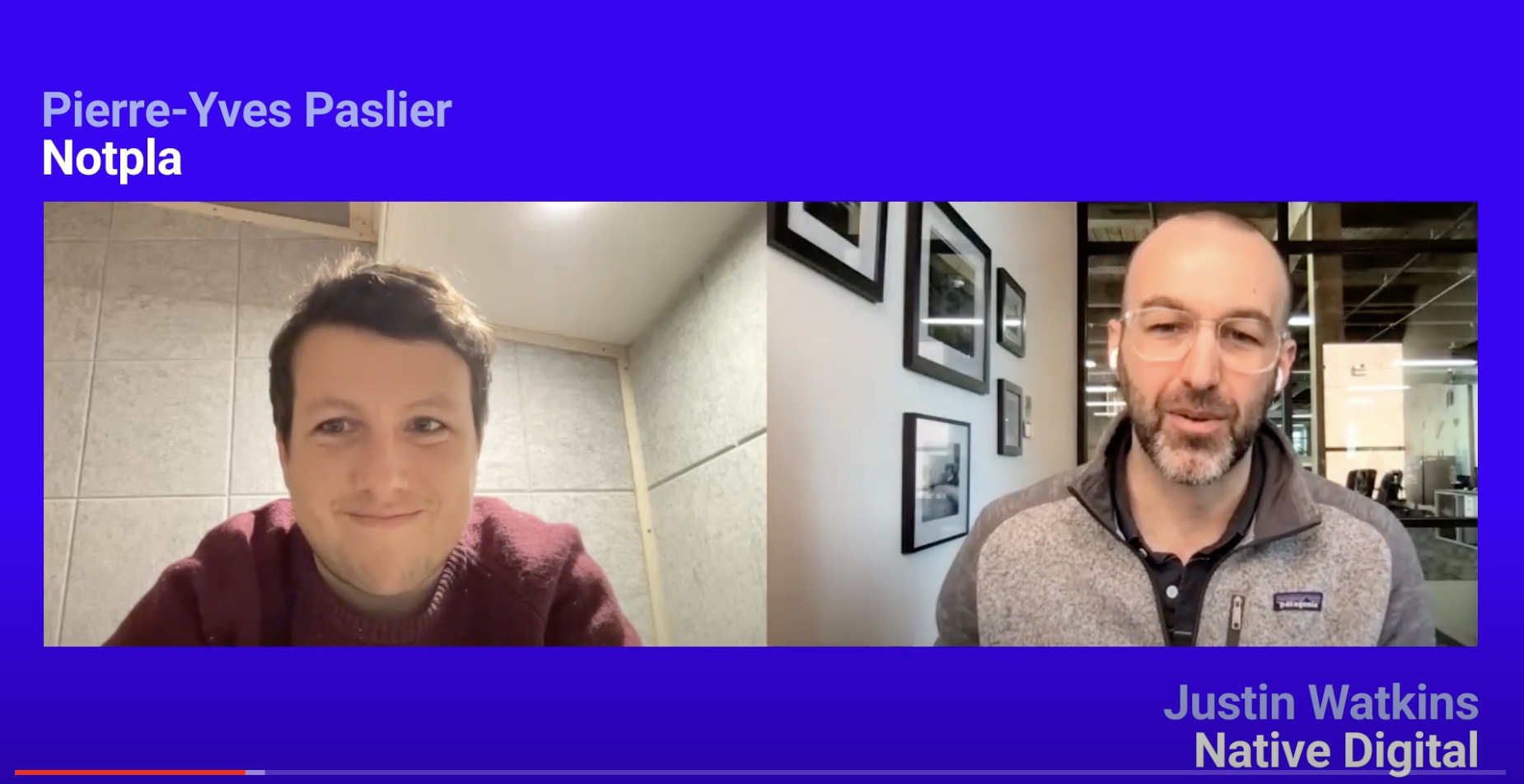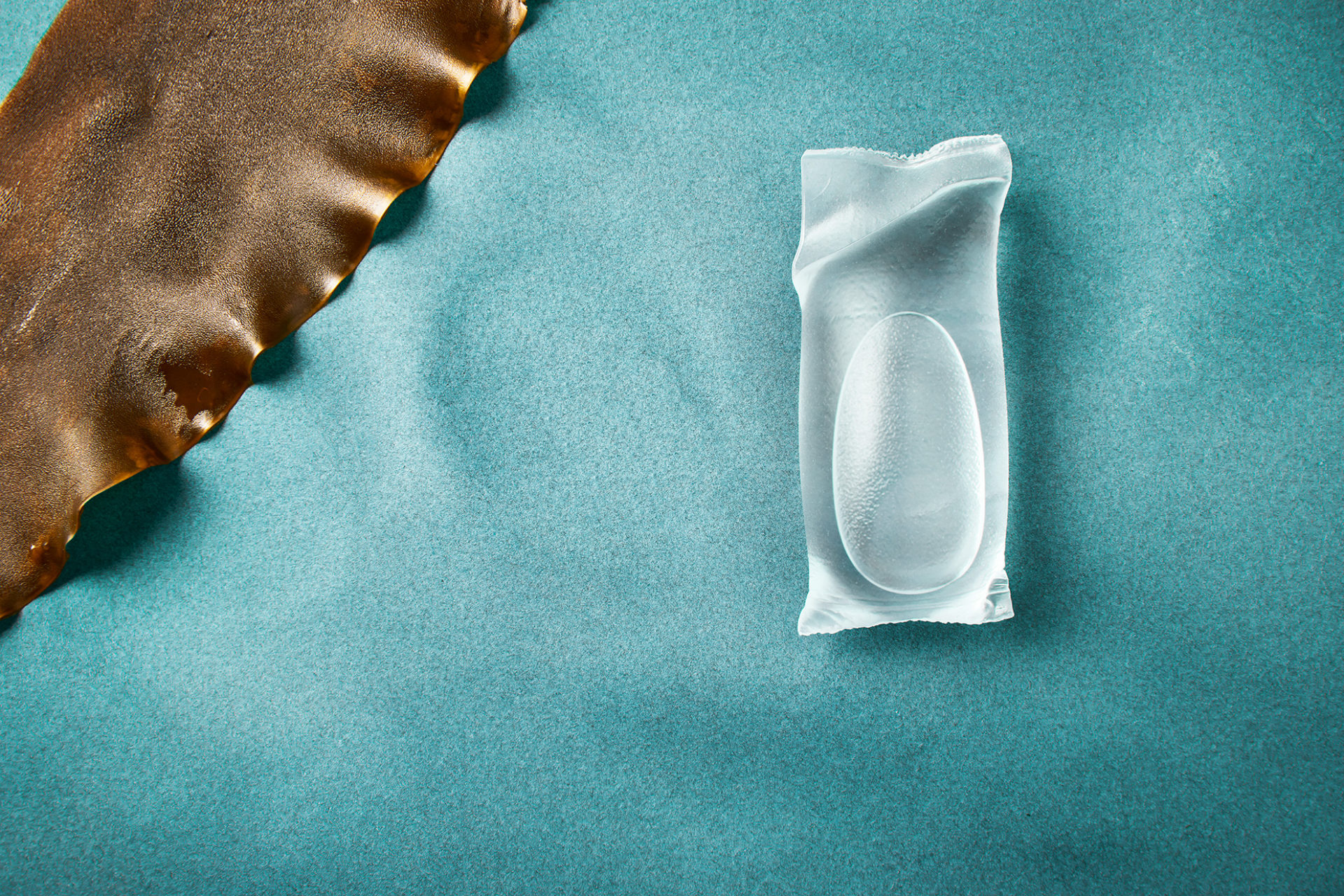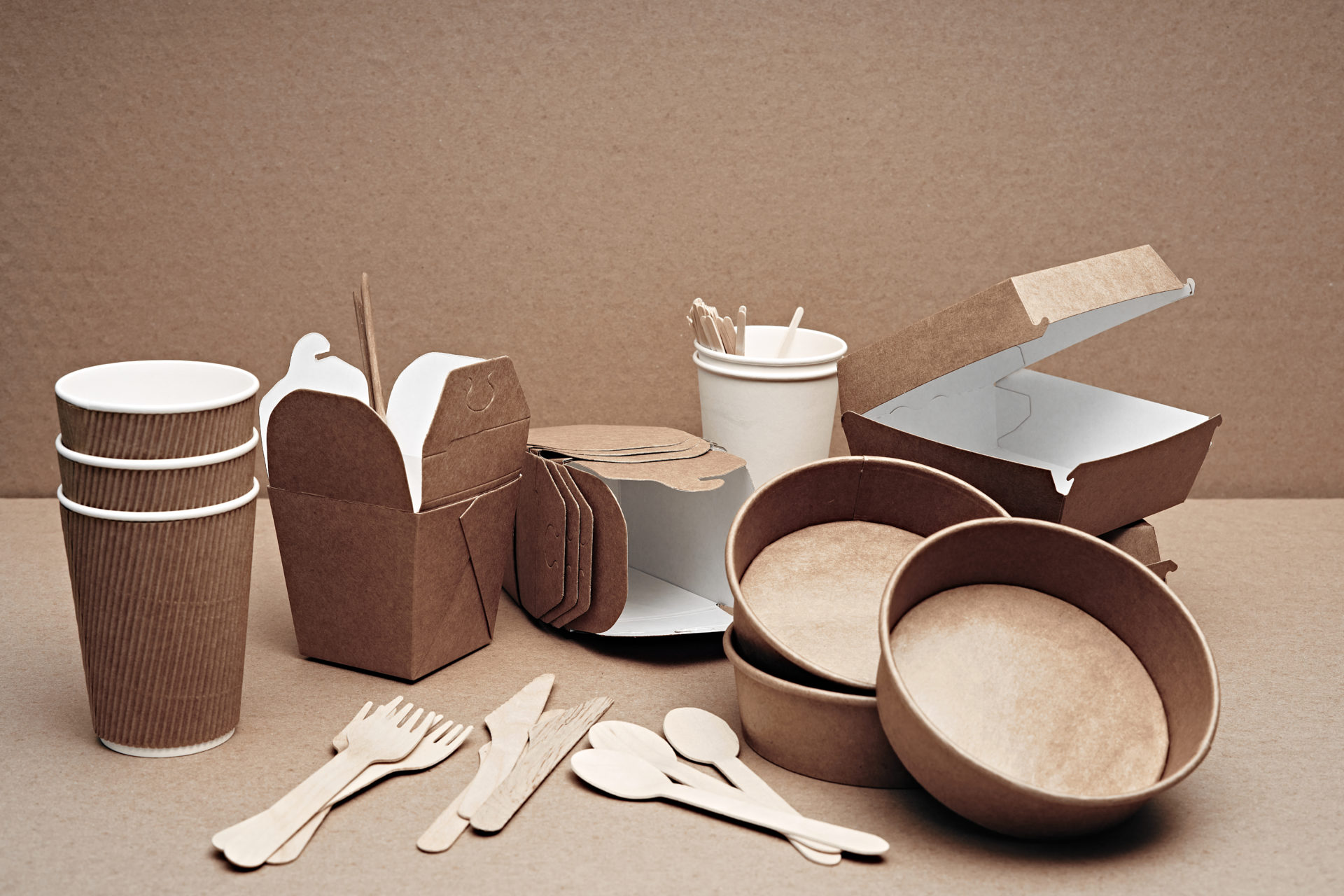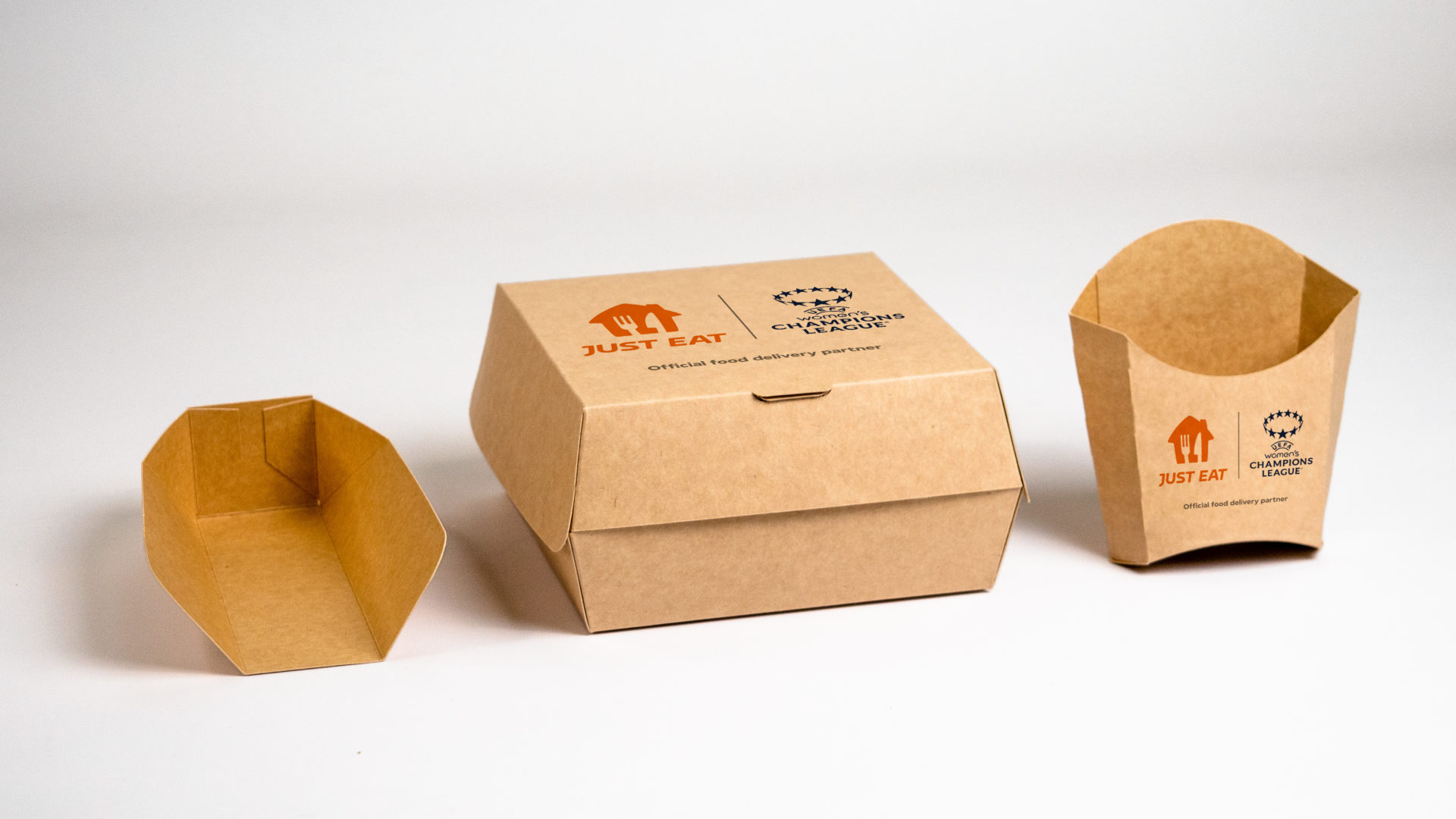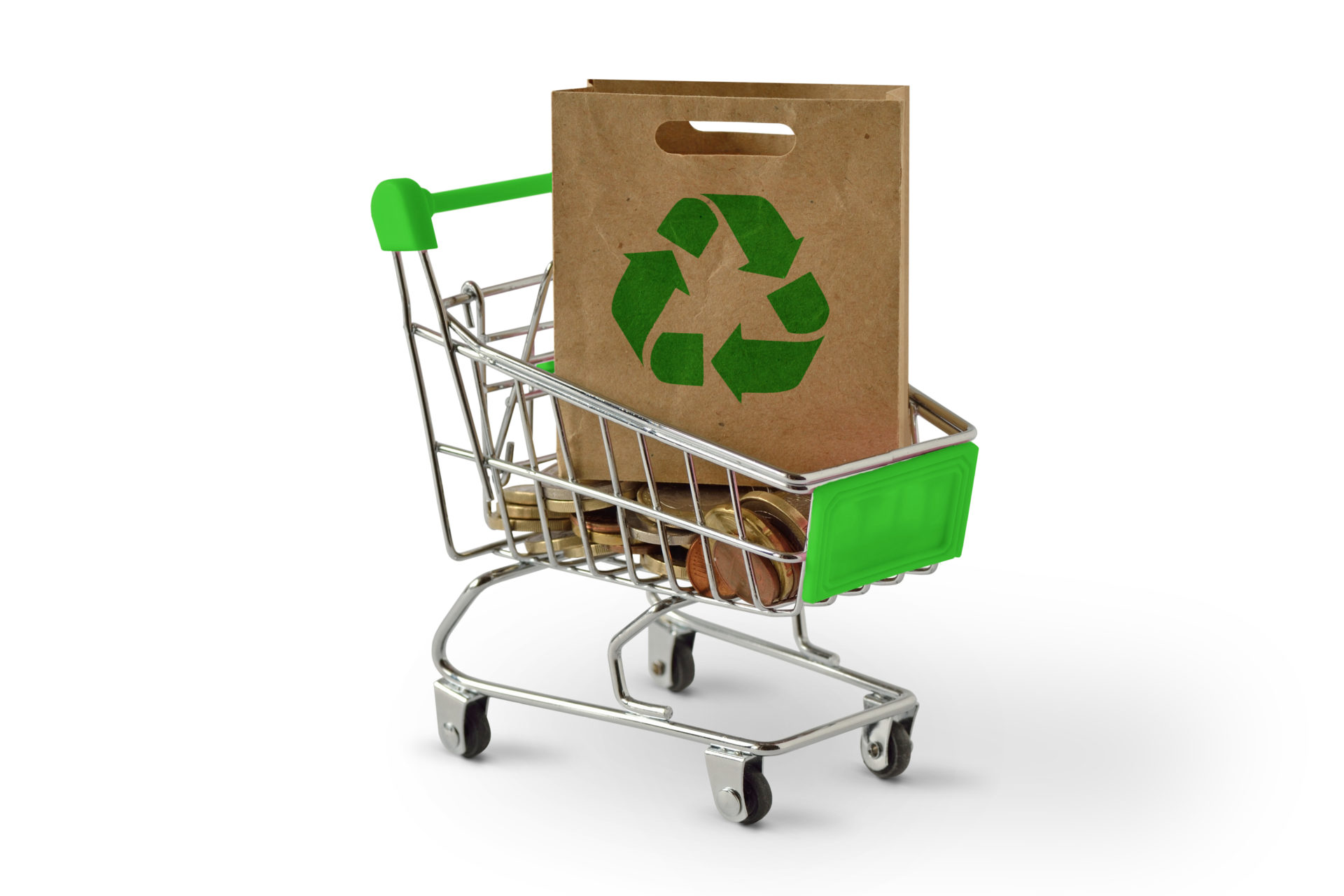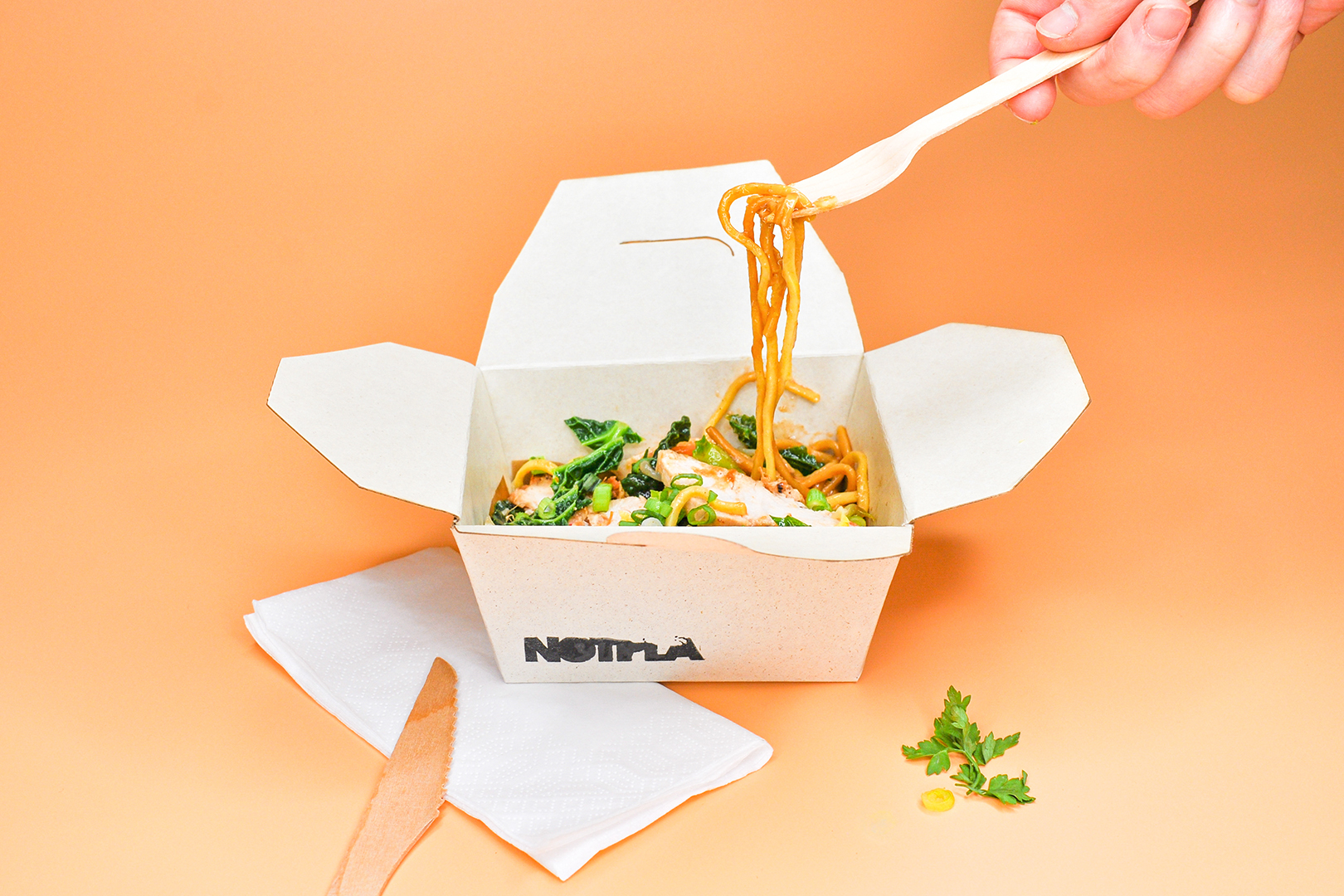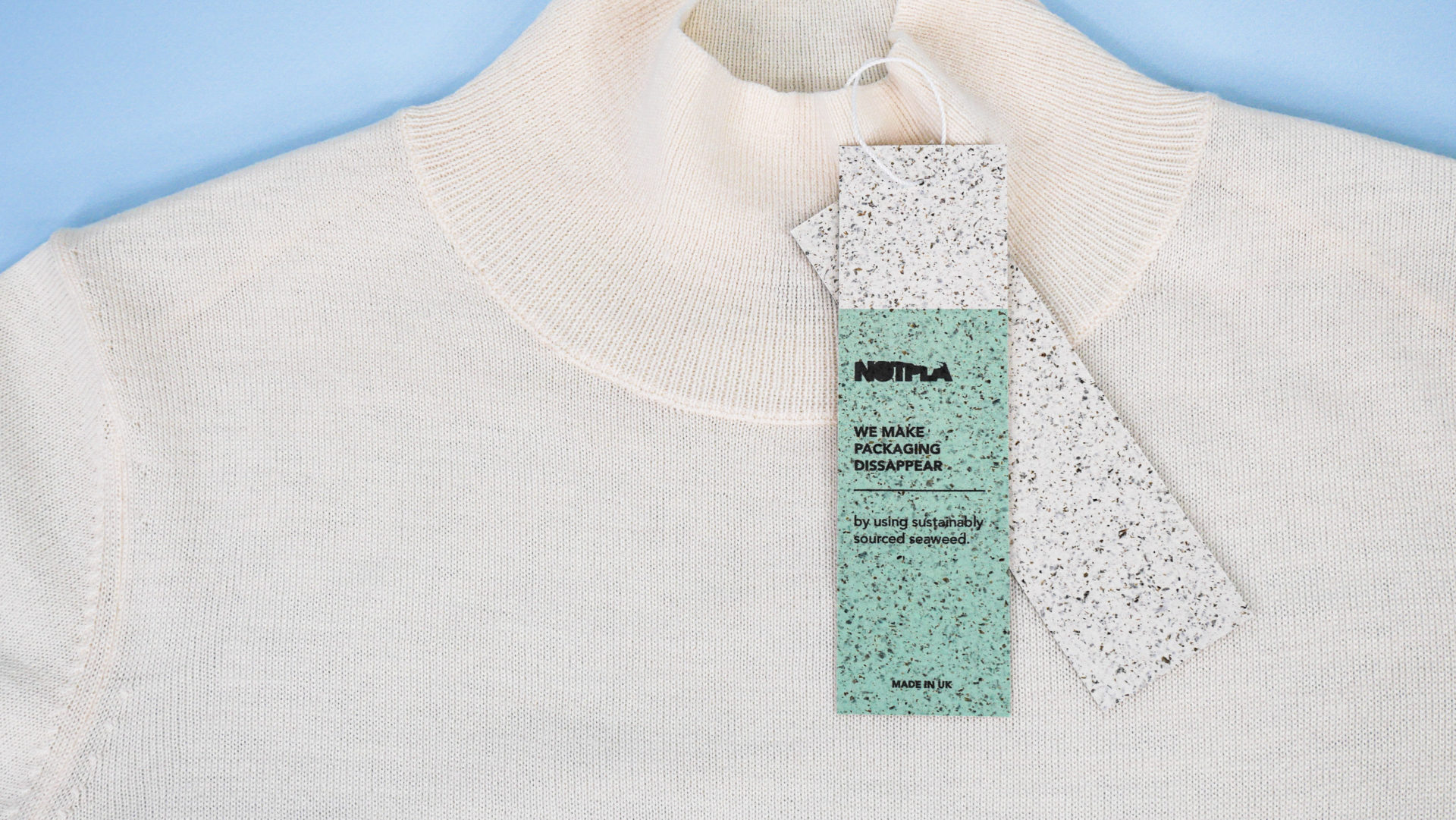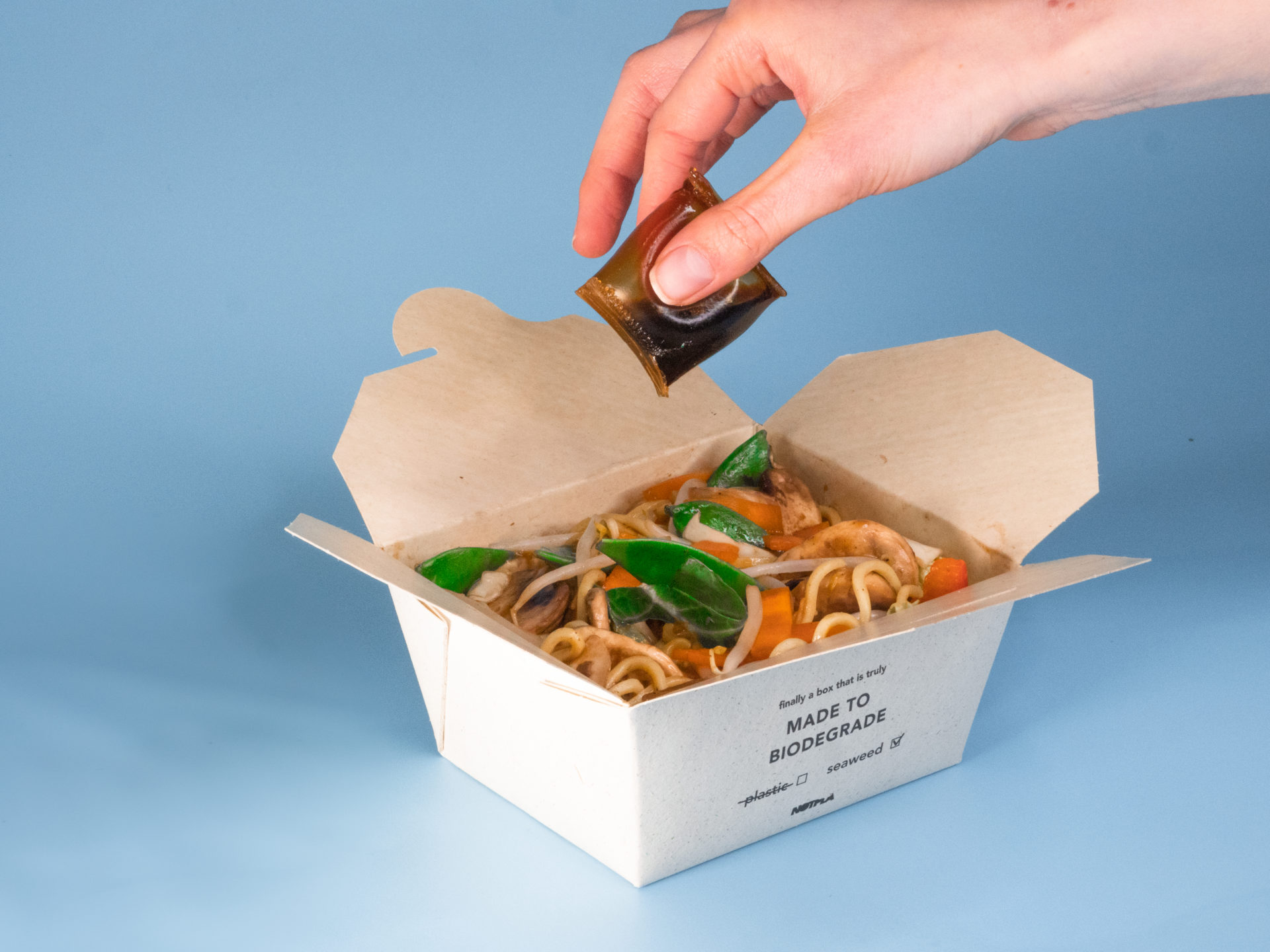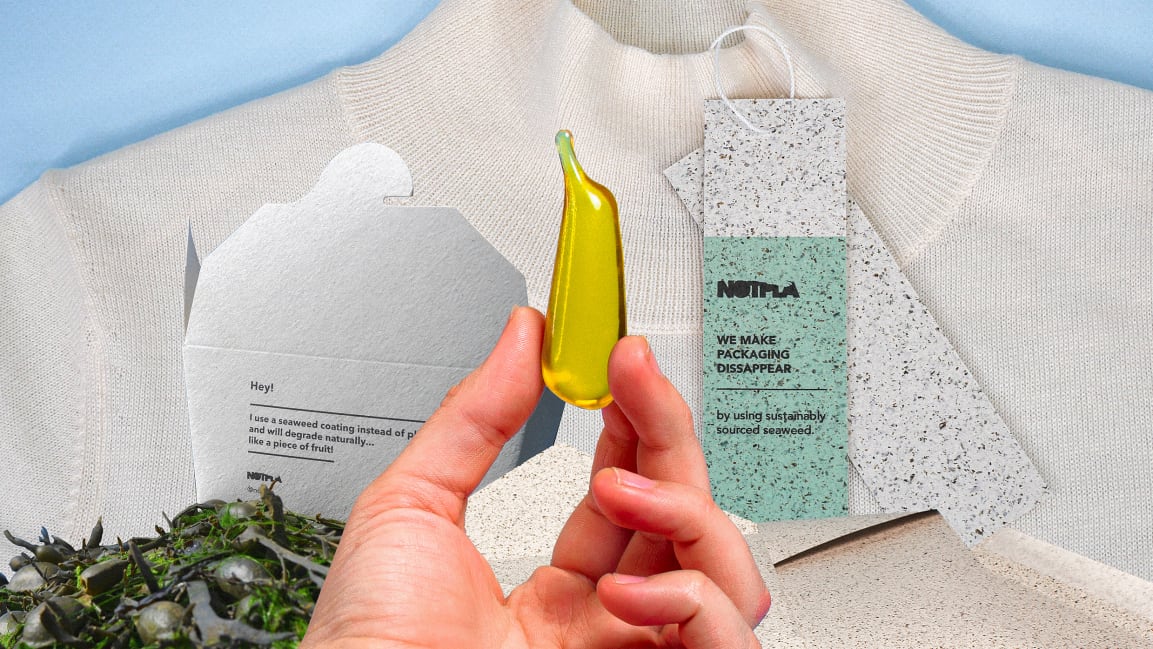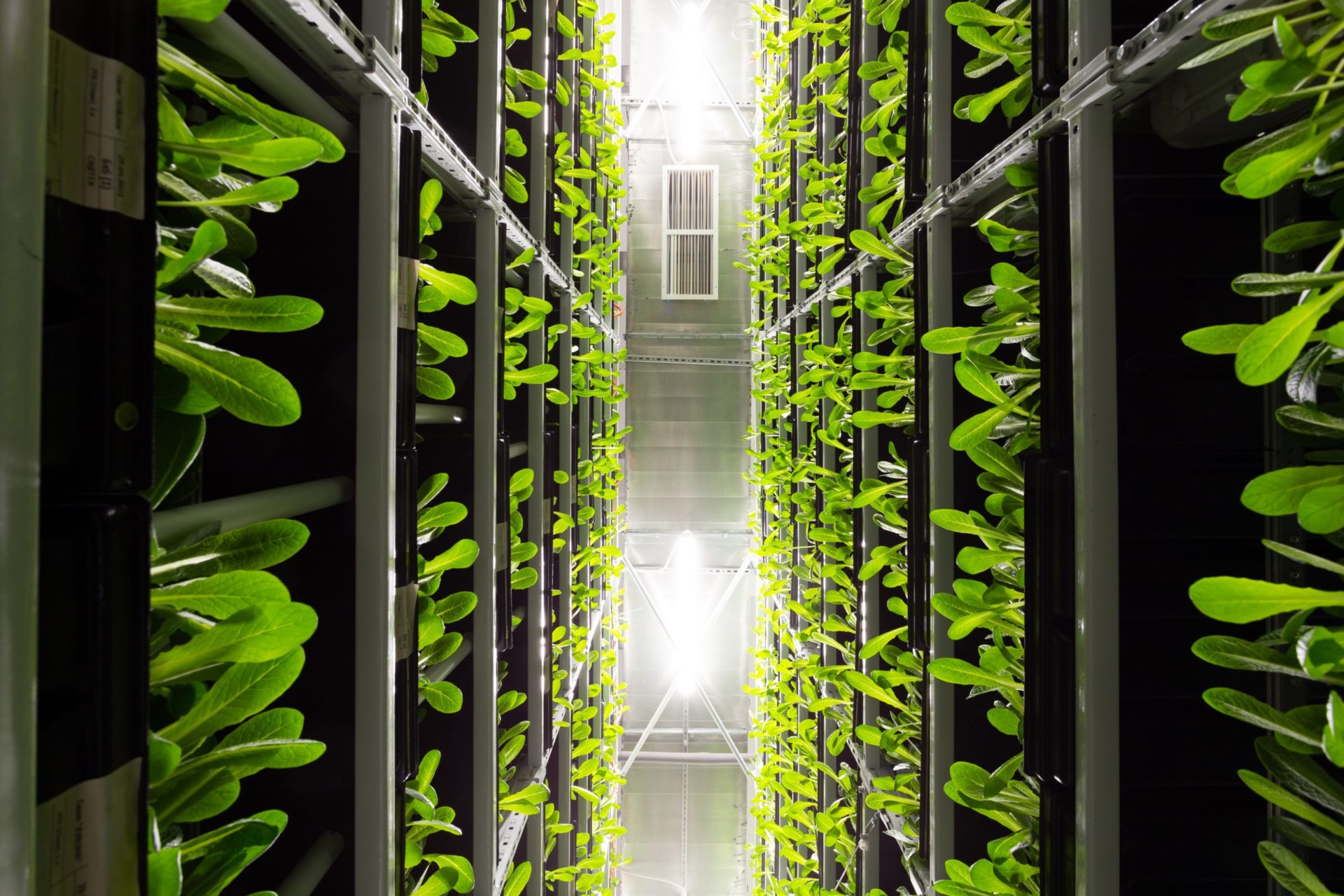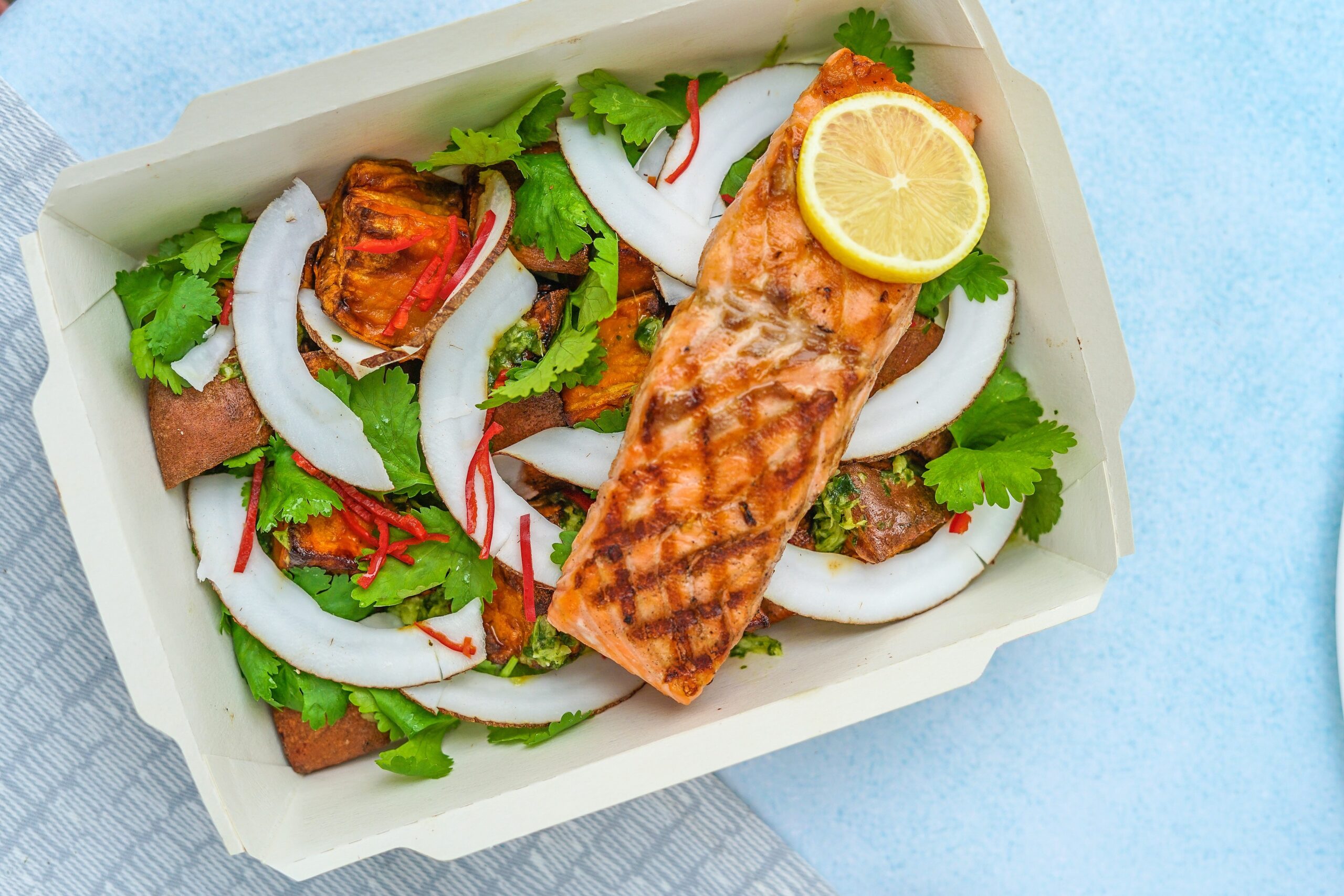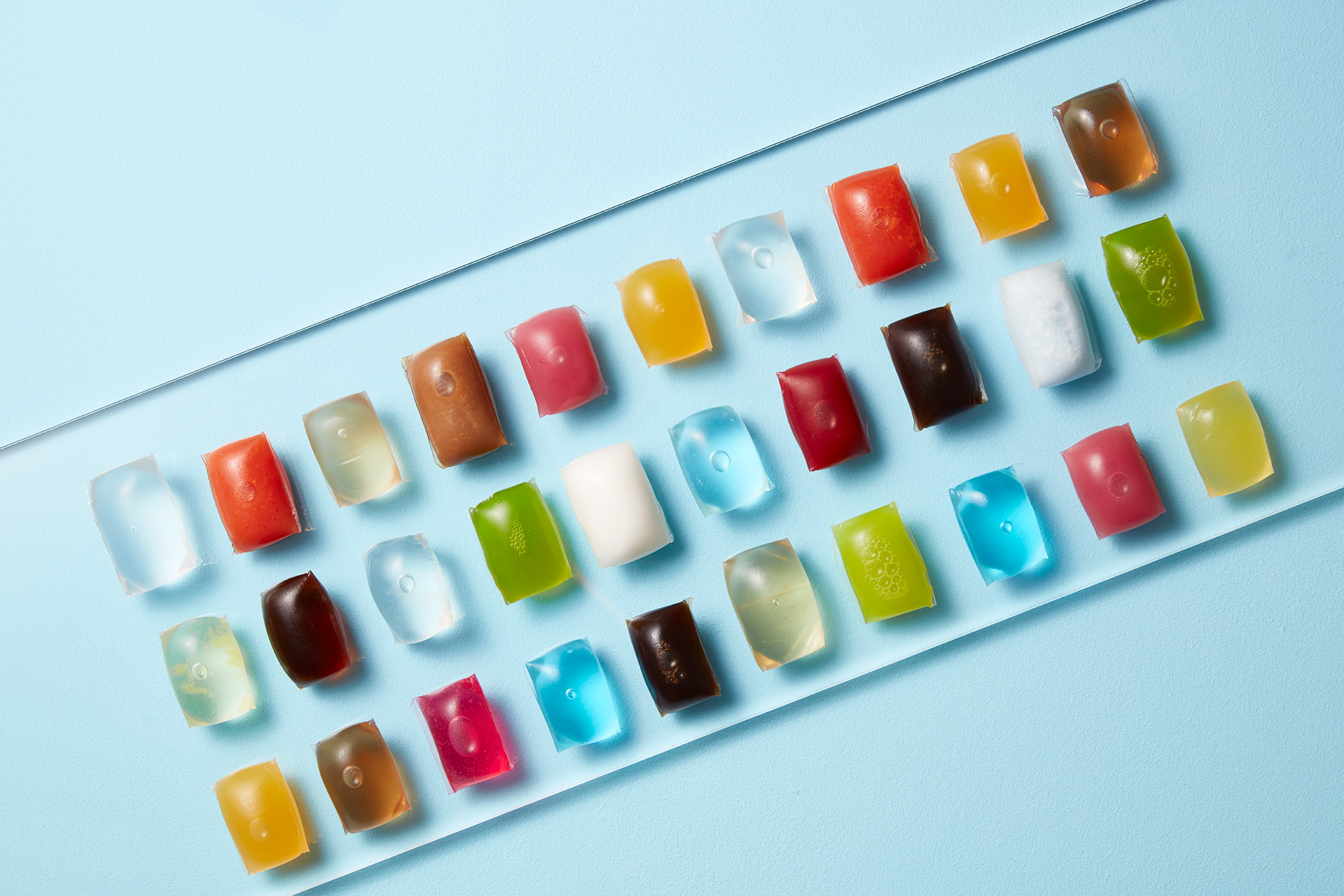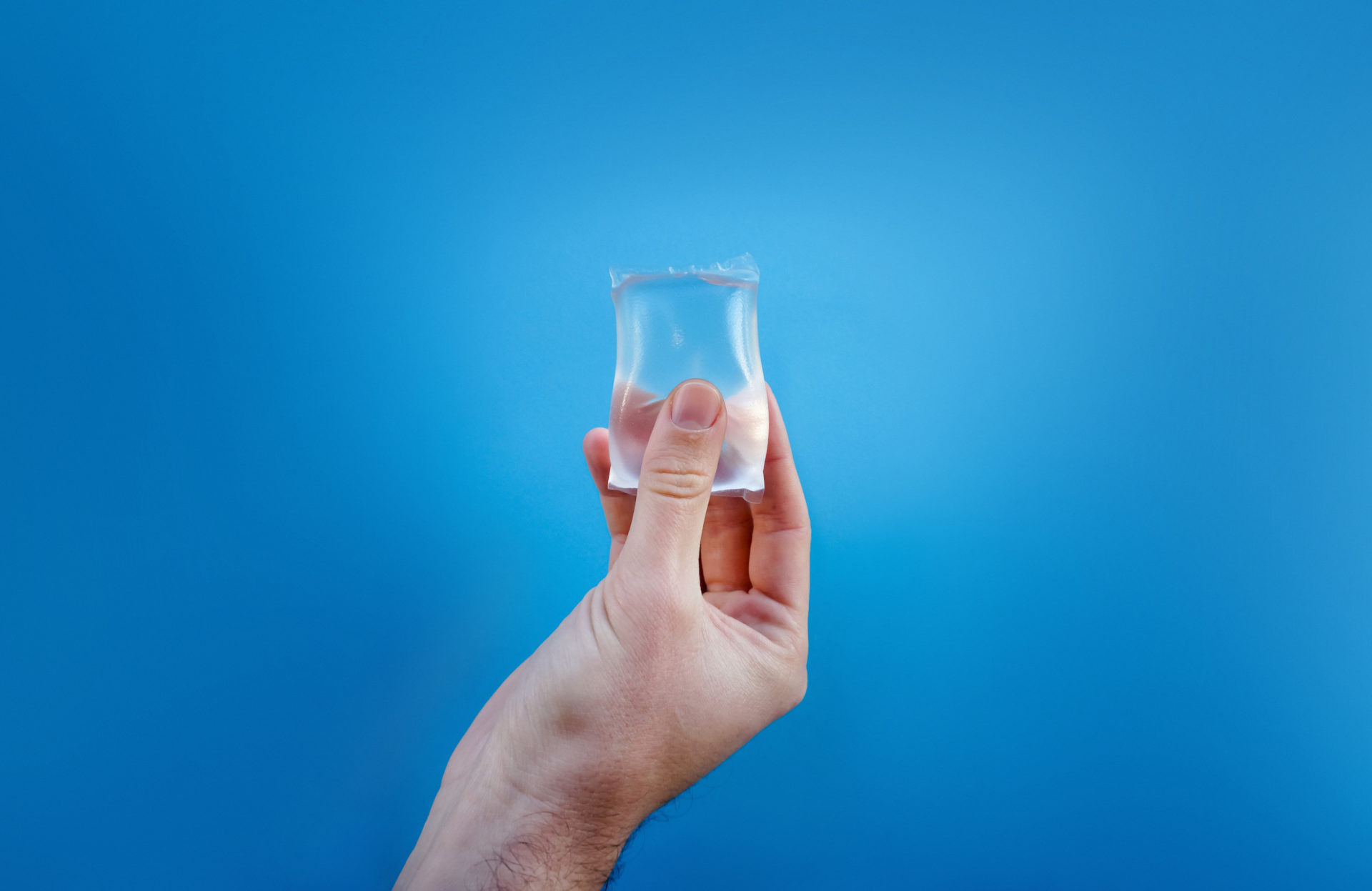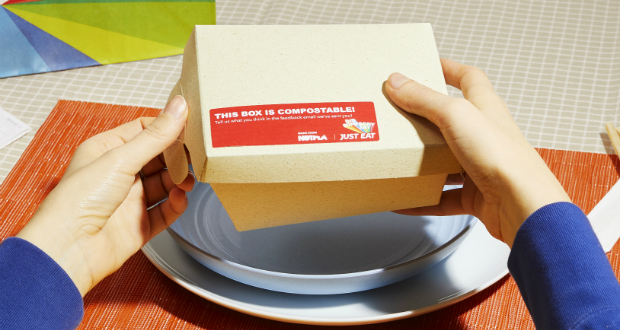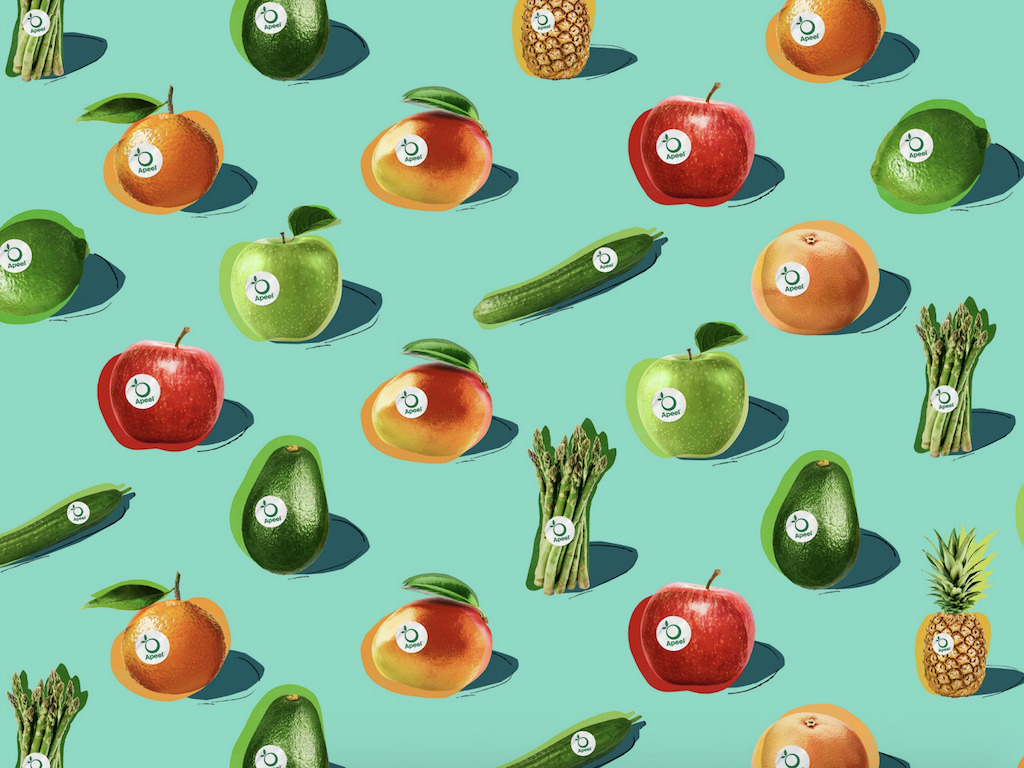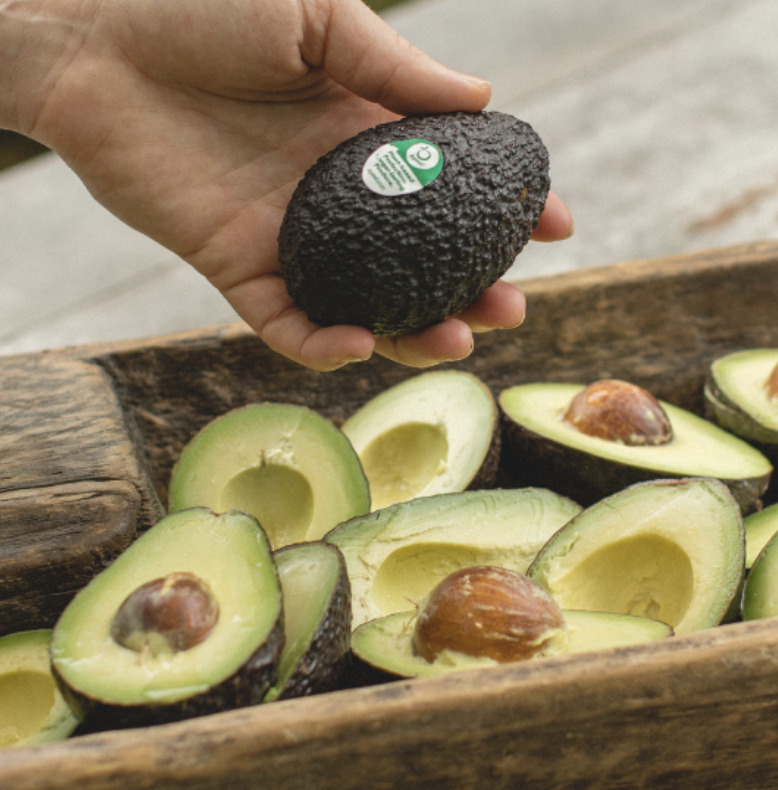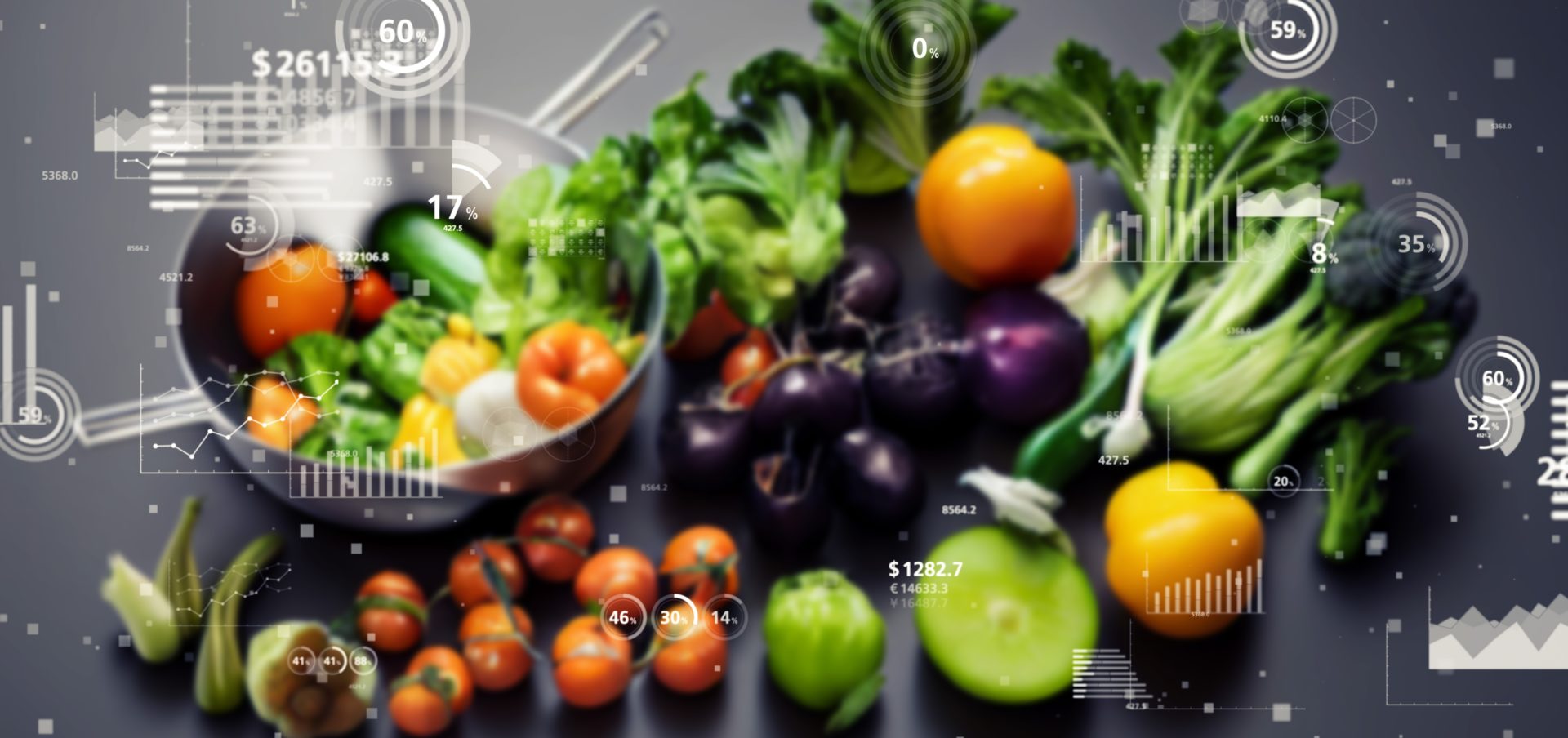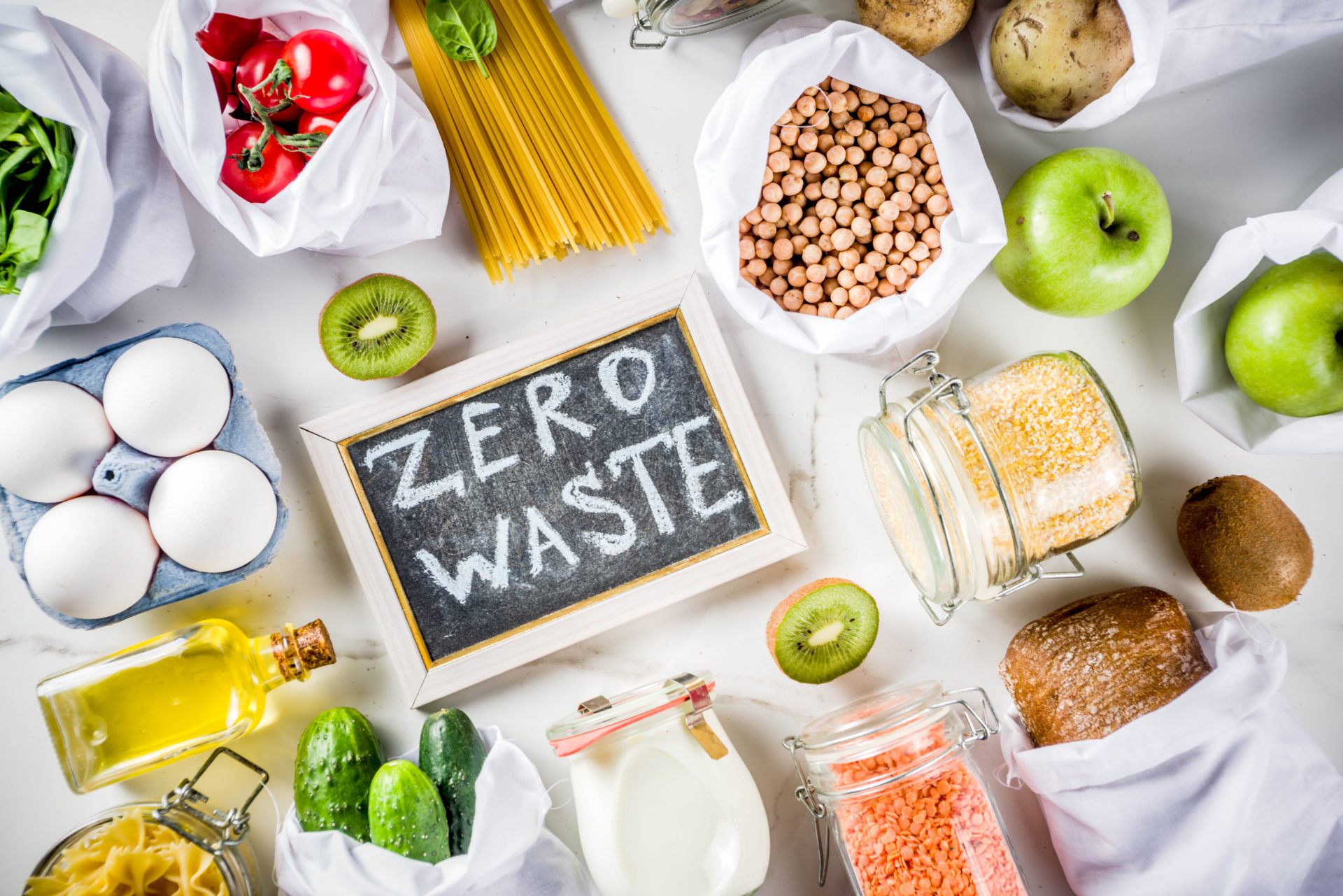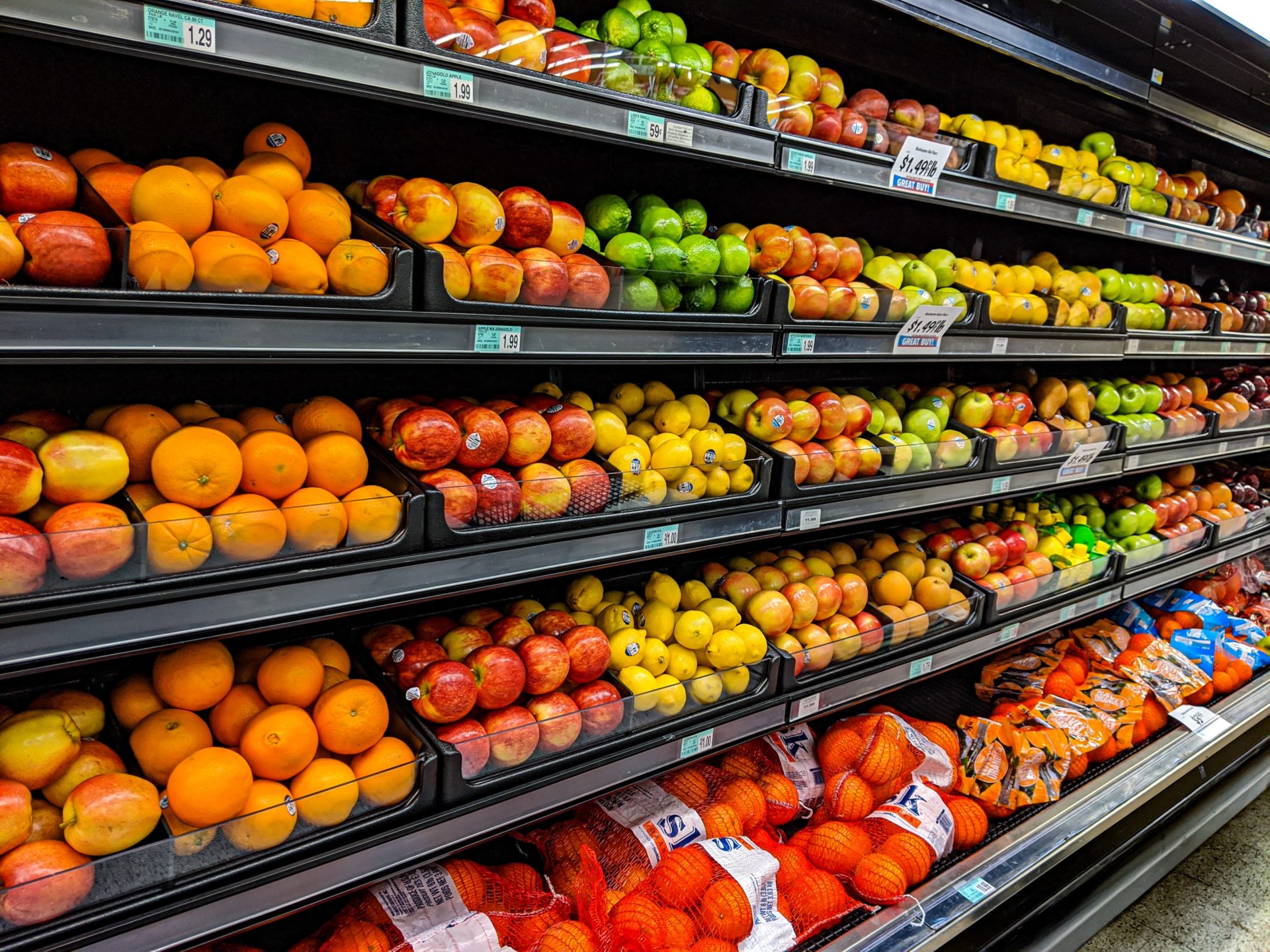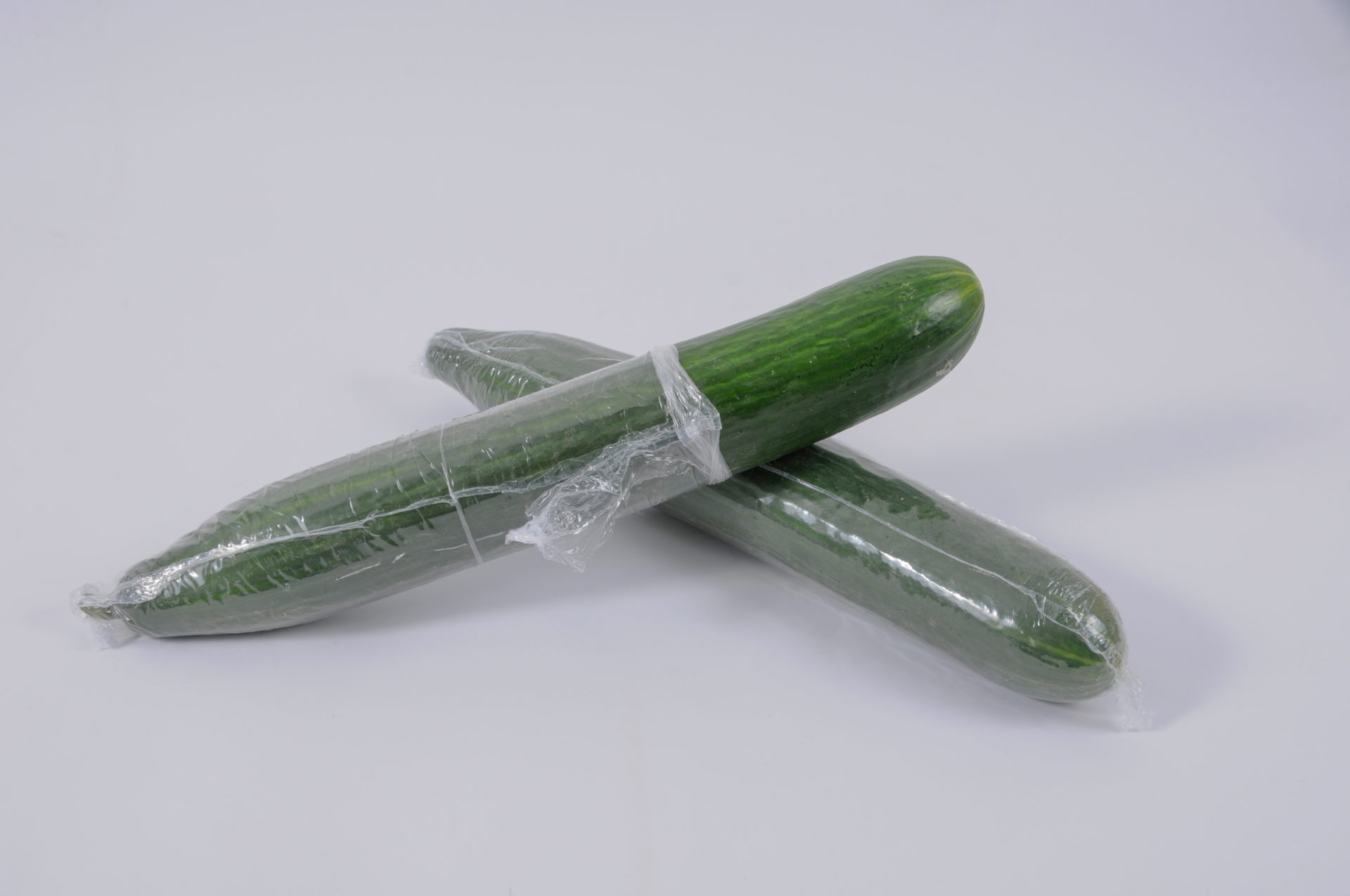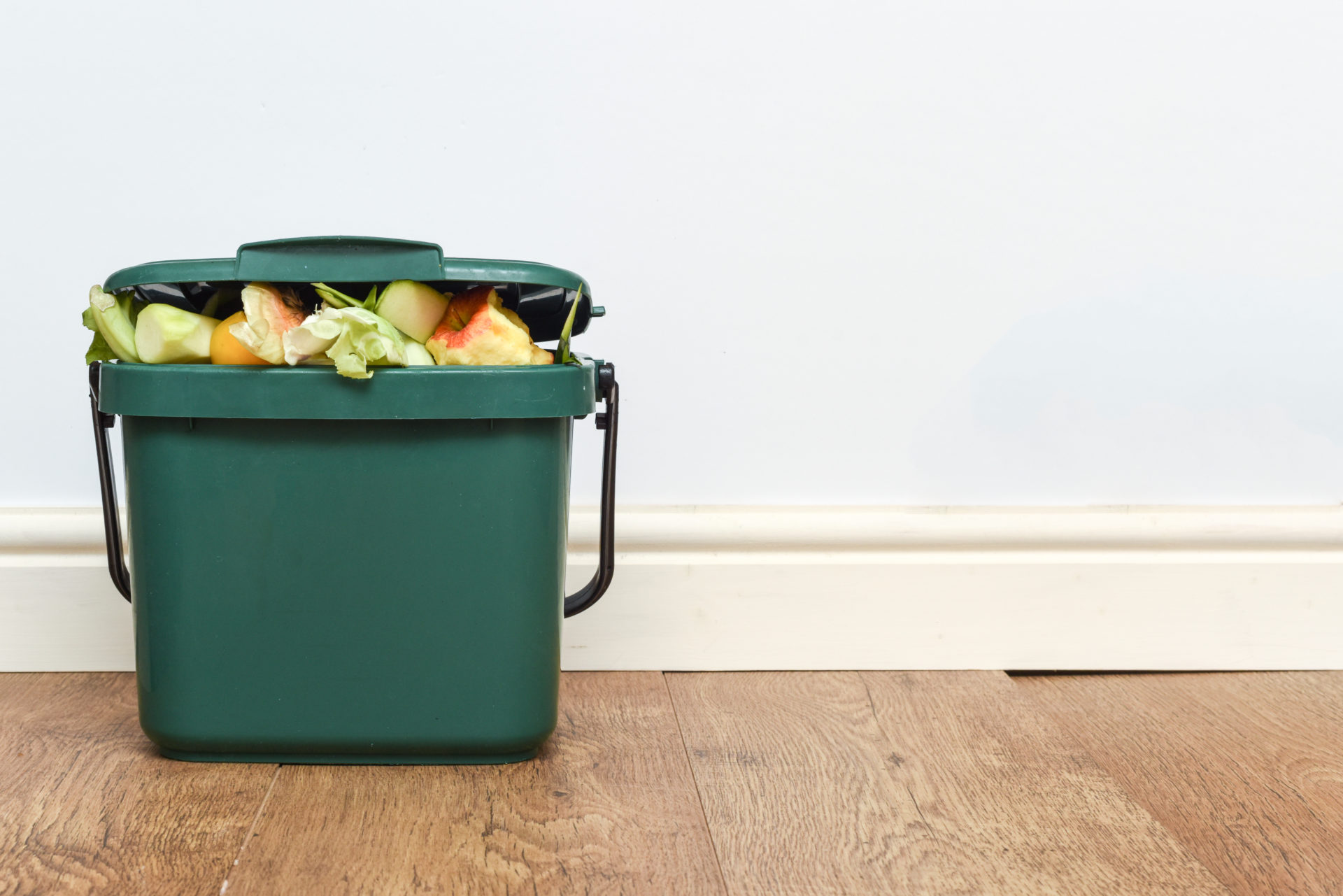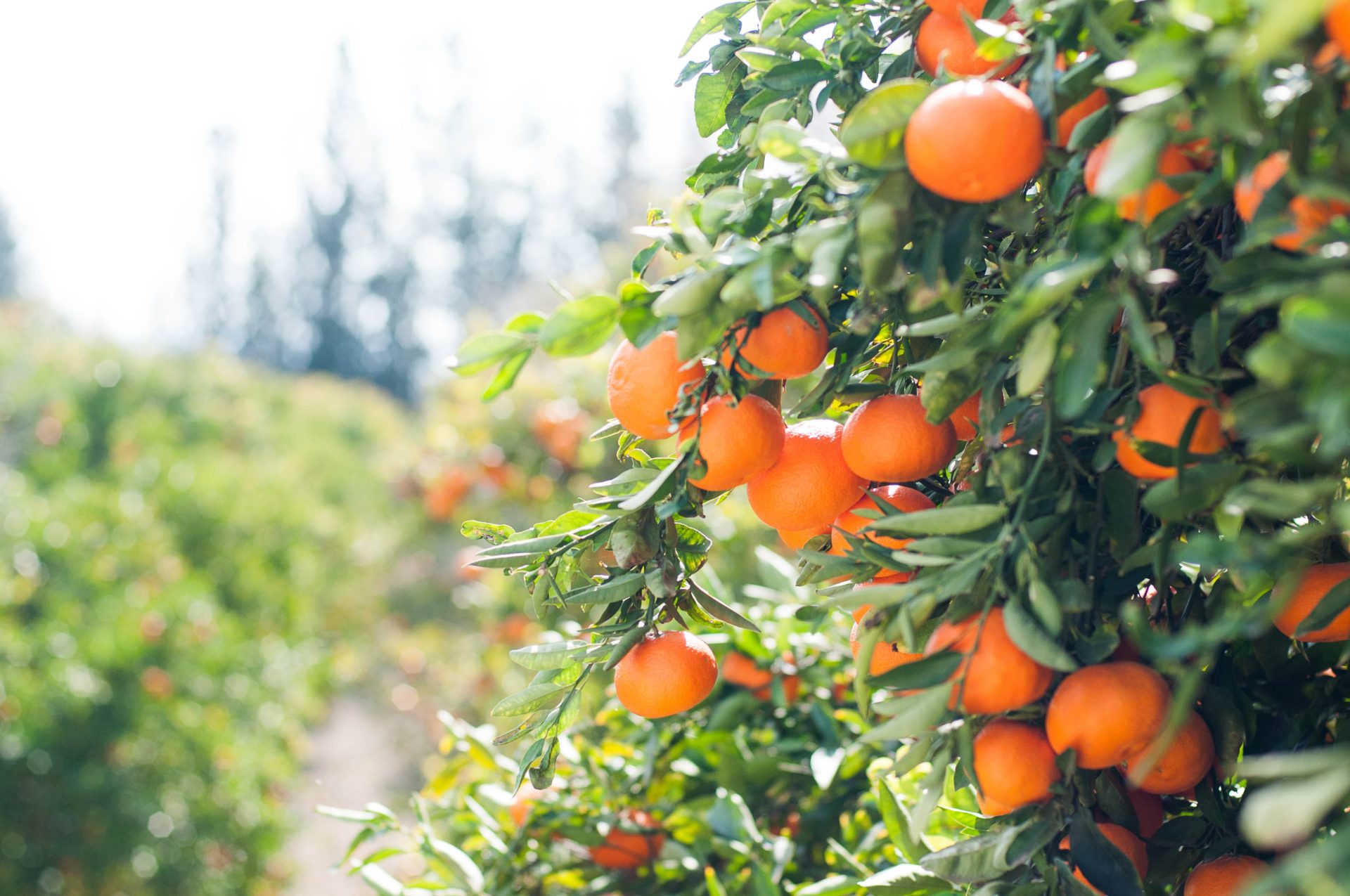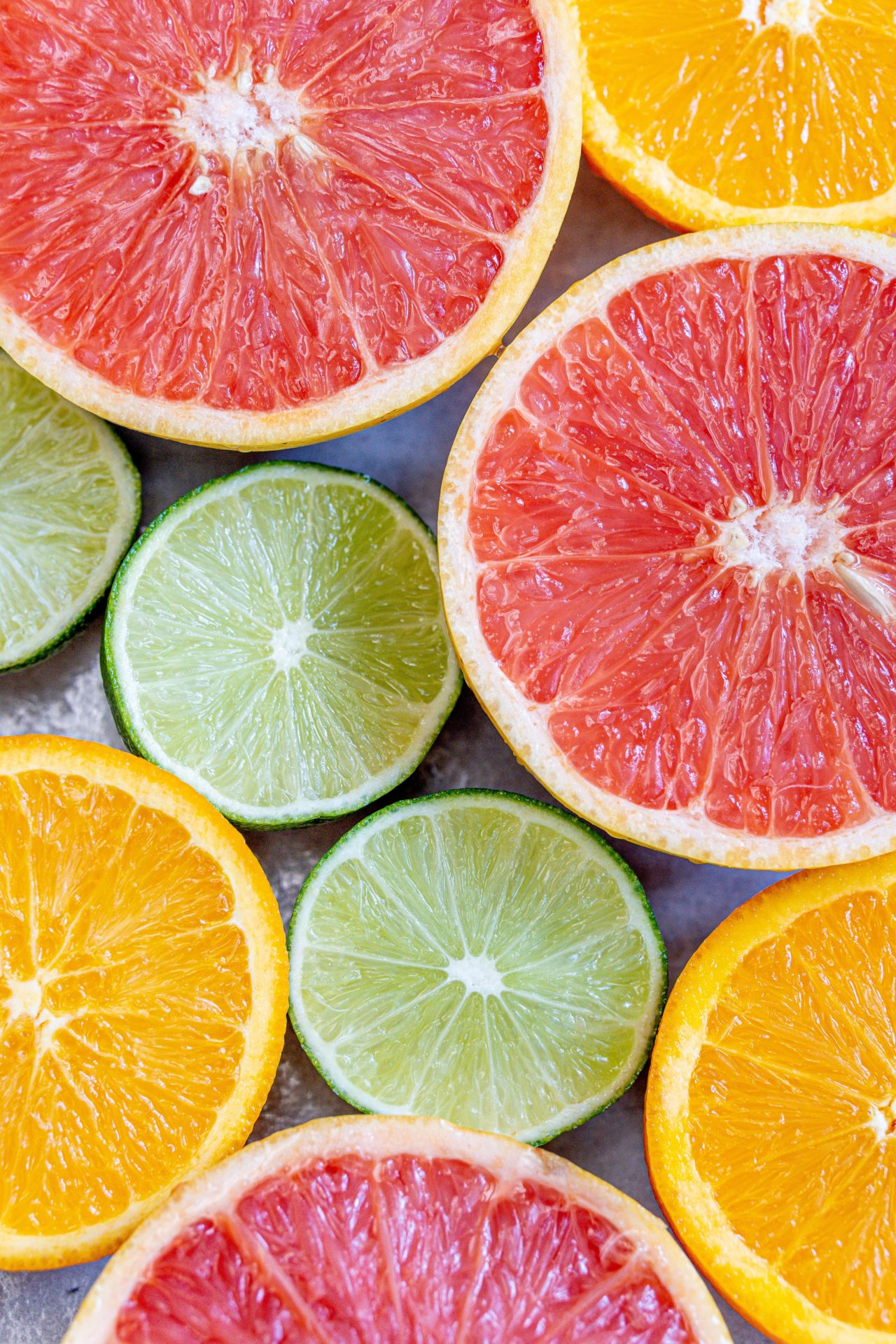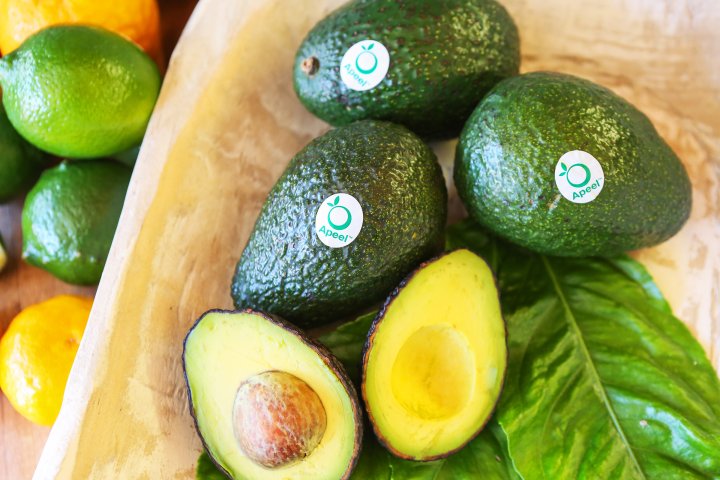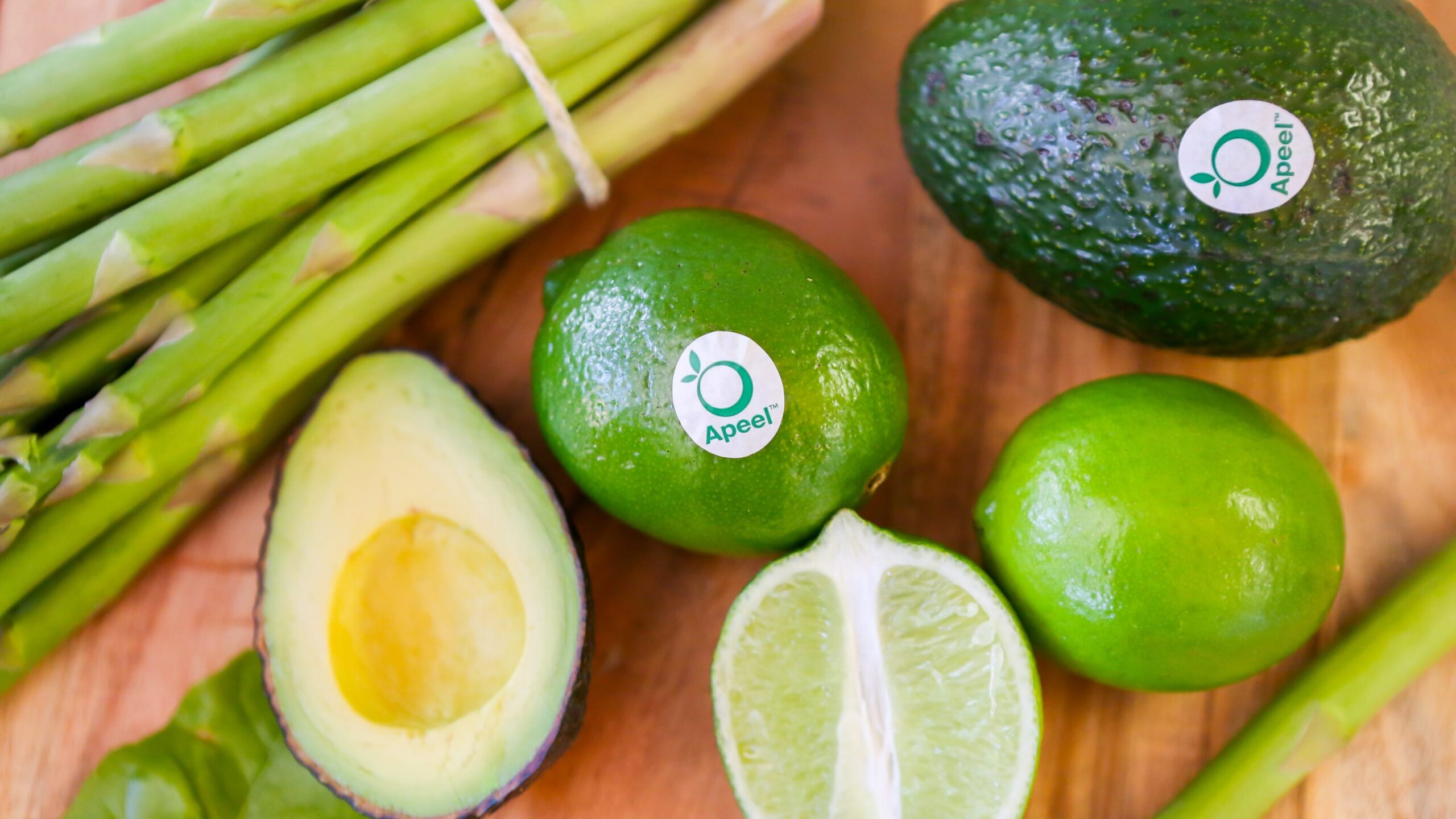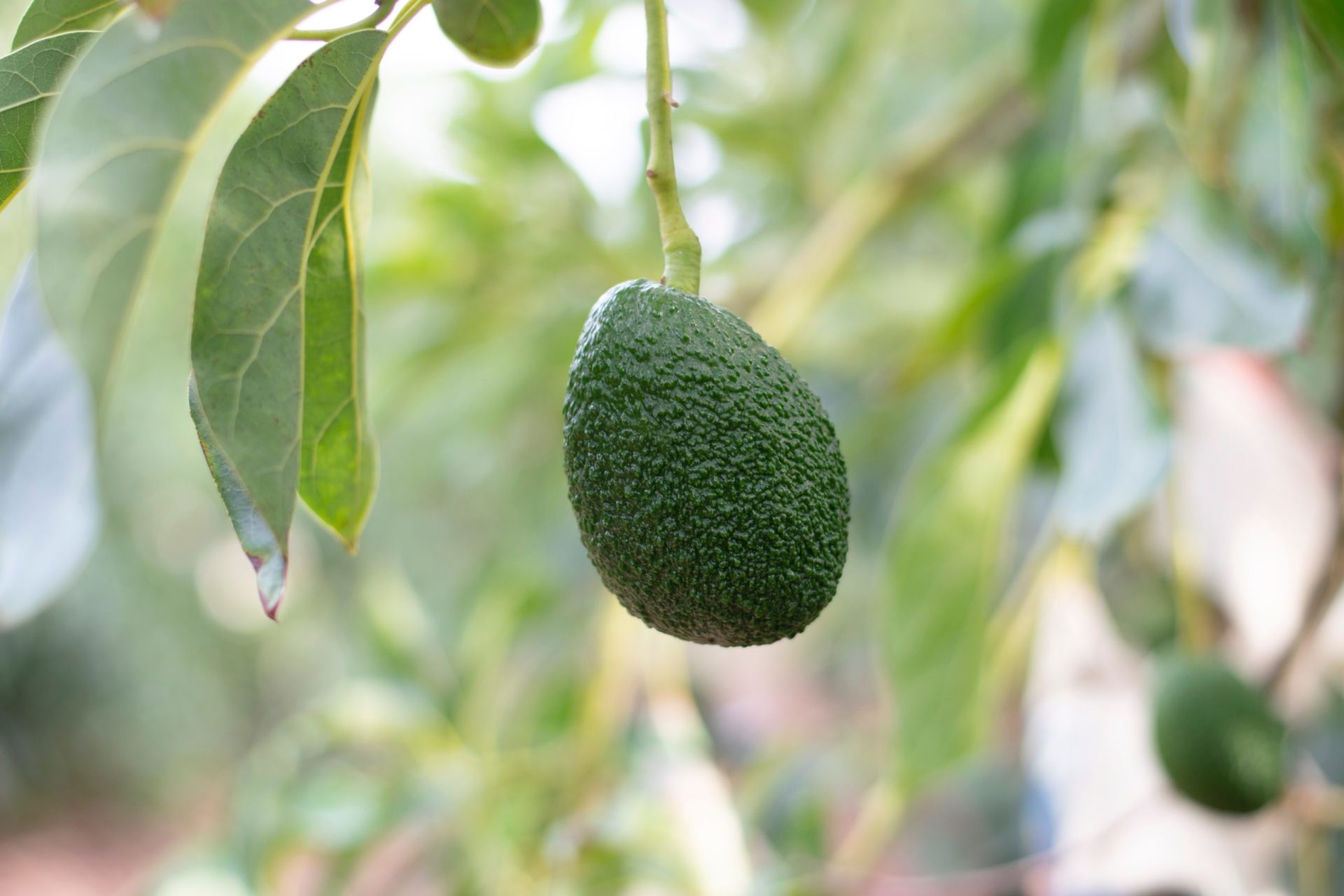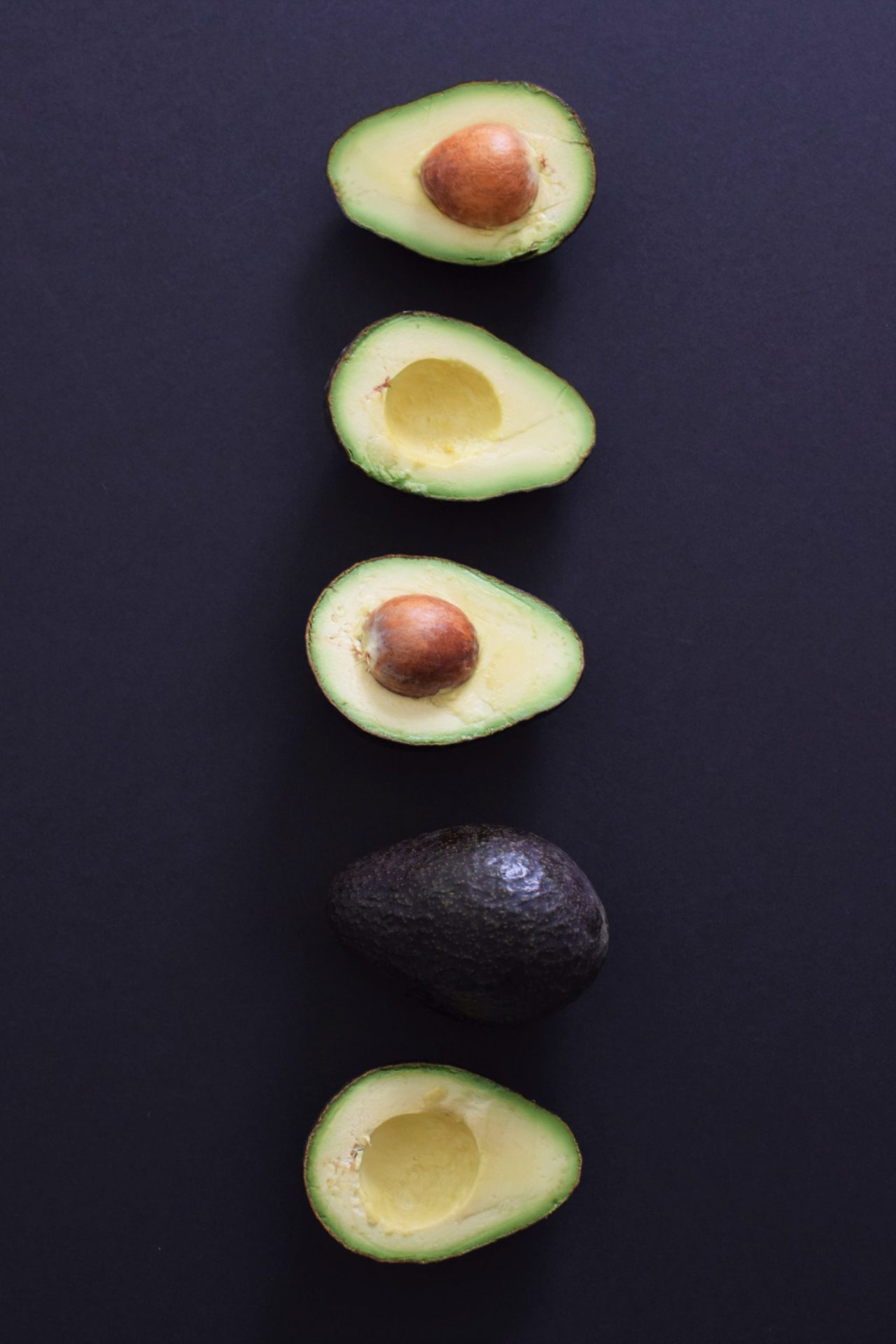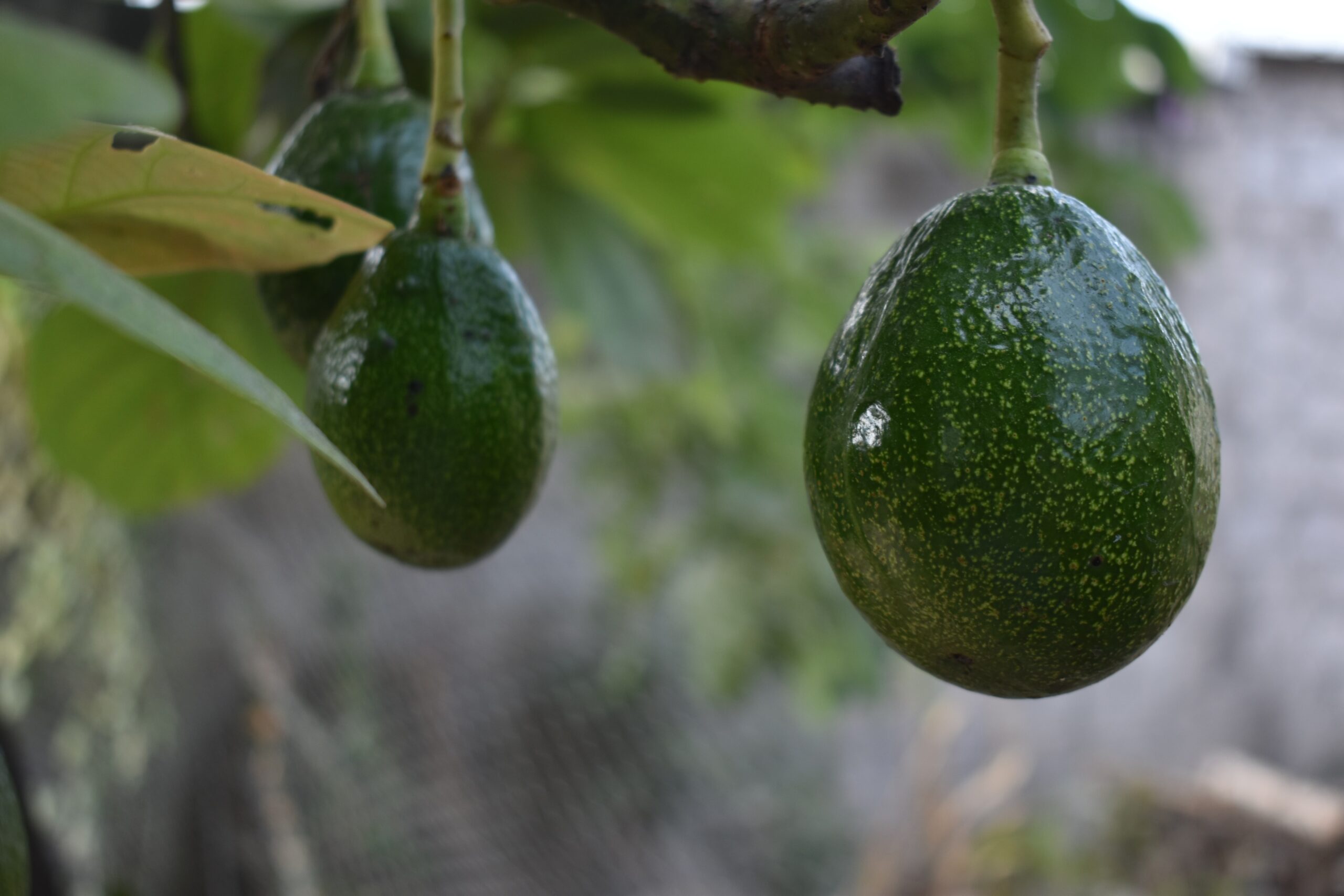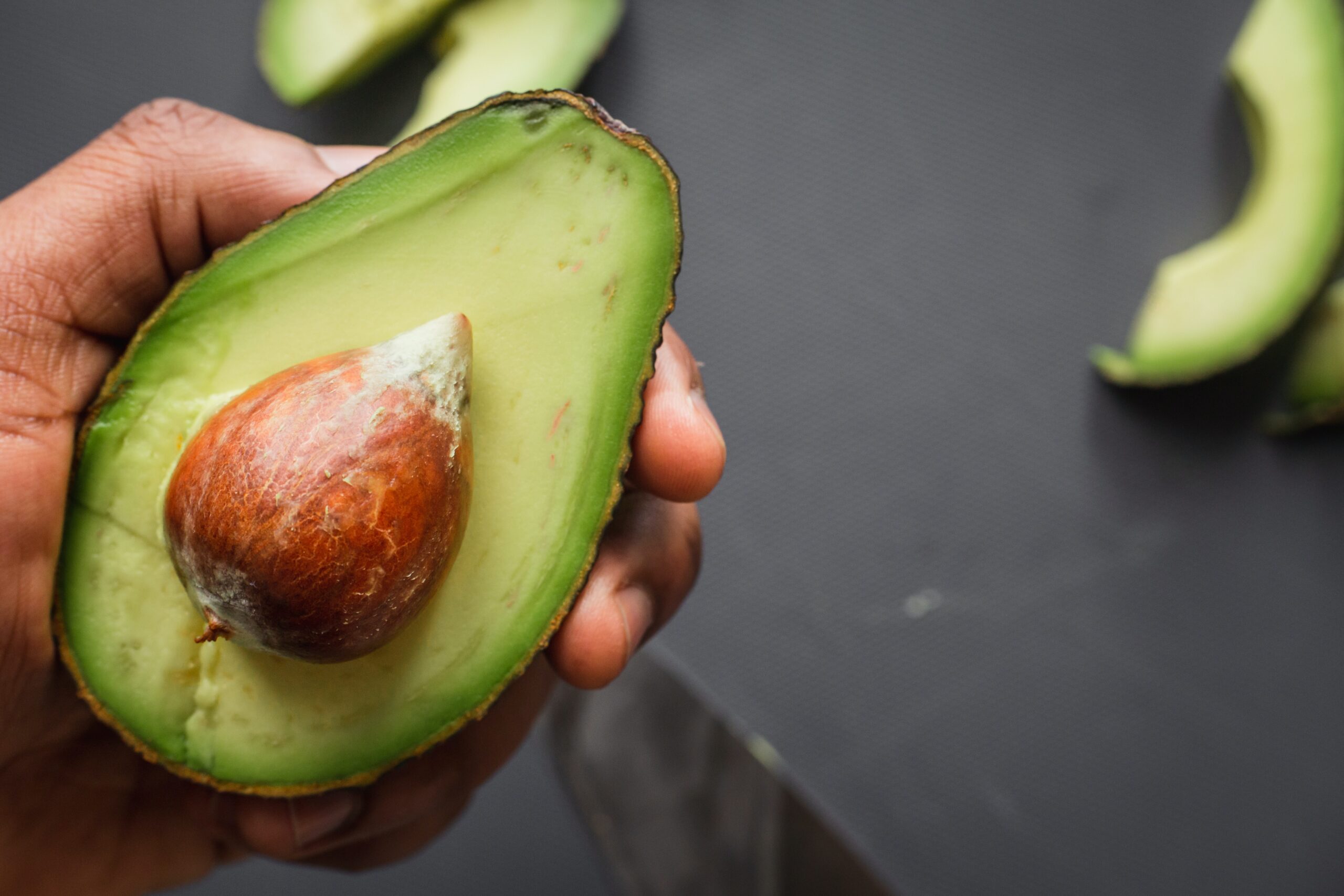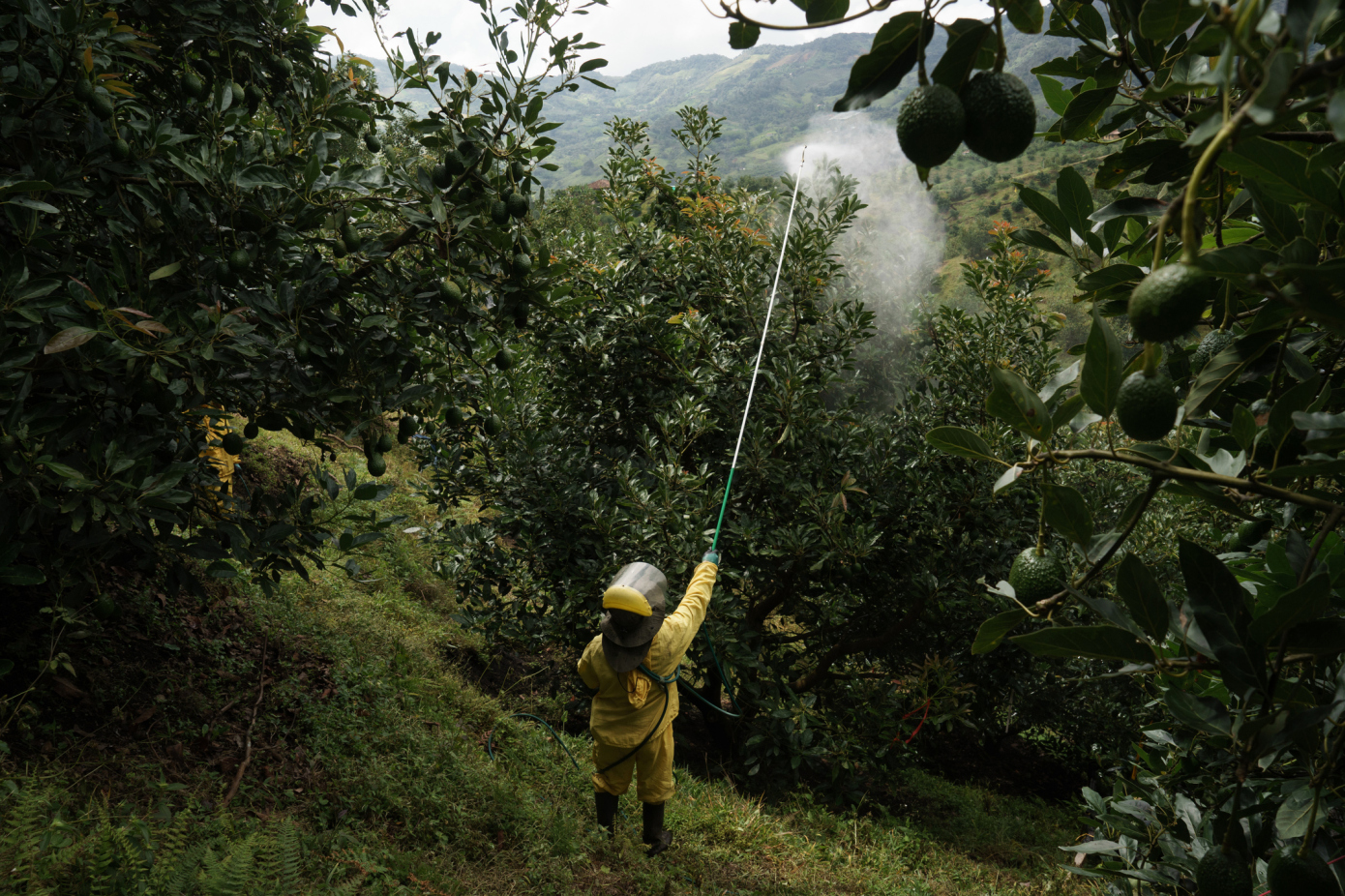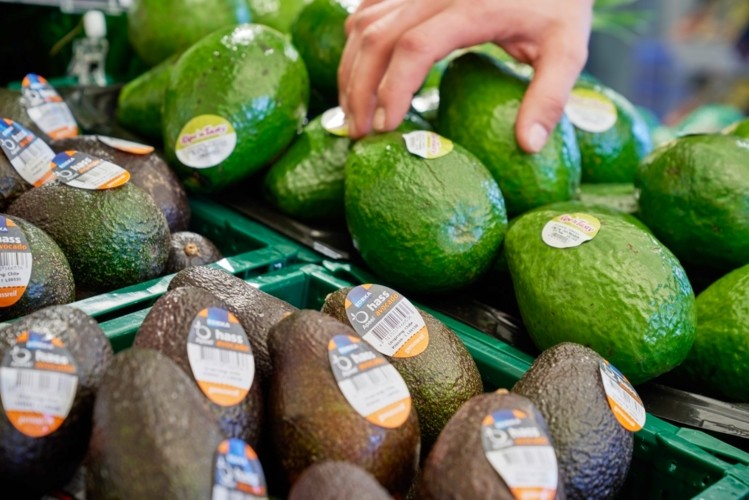HowGood
The world’s largest sustainability intelligence database
Helping companies improve their environmental and social impact through the worlds largest sustainability database, Latis.
Entrepreneurs
Alexander Gillett, Arthur Gillet
Founded
2007
Partnered
2022
HQ
Stone Ridge, New York, USA
Category
Connecting the Value Chain
Leveraging data to meet the increasing demand for product transparency
HowGood is a SaaS data platform with the world’s largest database on food and personal care product sustainability. With more than 33,000 ingredients, chemicals and materials assessed, HowGood helps leading suppliers, brands and retailers understand and improve their environmental and social impact, through a global and detailed understanding of the impacts of their products.
Drawing from over a decade of research mapping the global supply system for a wide range of industries including food and cosmetics, HowGood´s solution addresses the growing demand for product sustainability and transparency across the value chain.

HowGood’s data set, which is consistently updated with the most recent findings from across over 500 sources, provides all-encompassing insights cover GHG emissions, water usage, labor risks, animal welfare, biodiversity, land use or soil health, among many others.These insights allow clients to improve purchasing decisions by measuring, comparing and analyzing the impact of both individual products and the aggregate impact across their portfolio of products. With HowGood’s solution, their clients become equipped to favor products with stronger positive or regenerative impacts across a portfolio of options.
HowGood’s impact starts with the companies it guides through product decisions and has a ripple effect that influences the entire value chain. Because their solution provides easily comparable information on product attributes, the HowGood ratings system encourages producers to boost sustainability across their products, and allows retailers, and ultimately consumers, to make sustainability-driven purchases and reward those brands with the highest positive impact.
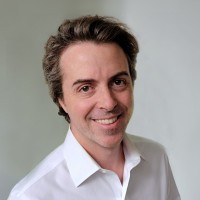
CEO and Co-Founder
Astanor’s shared values in technology and planetary health make them the ideal partner for us. Together, HowGood and Astanor will support a regenerative and sustainable food system that harnesses the power of data with actionable insights.
HowGood News
-
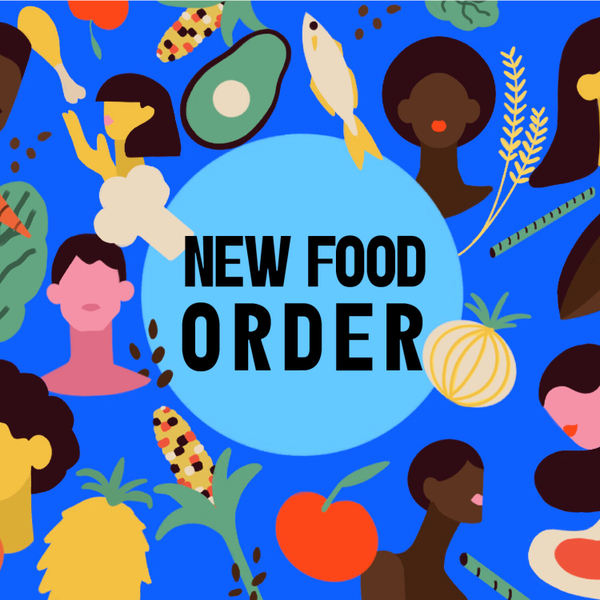
Regenerative Product Design with HowGood’s Ethan Soloviev
-
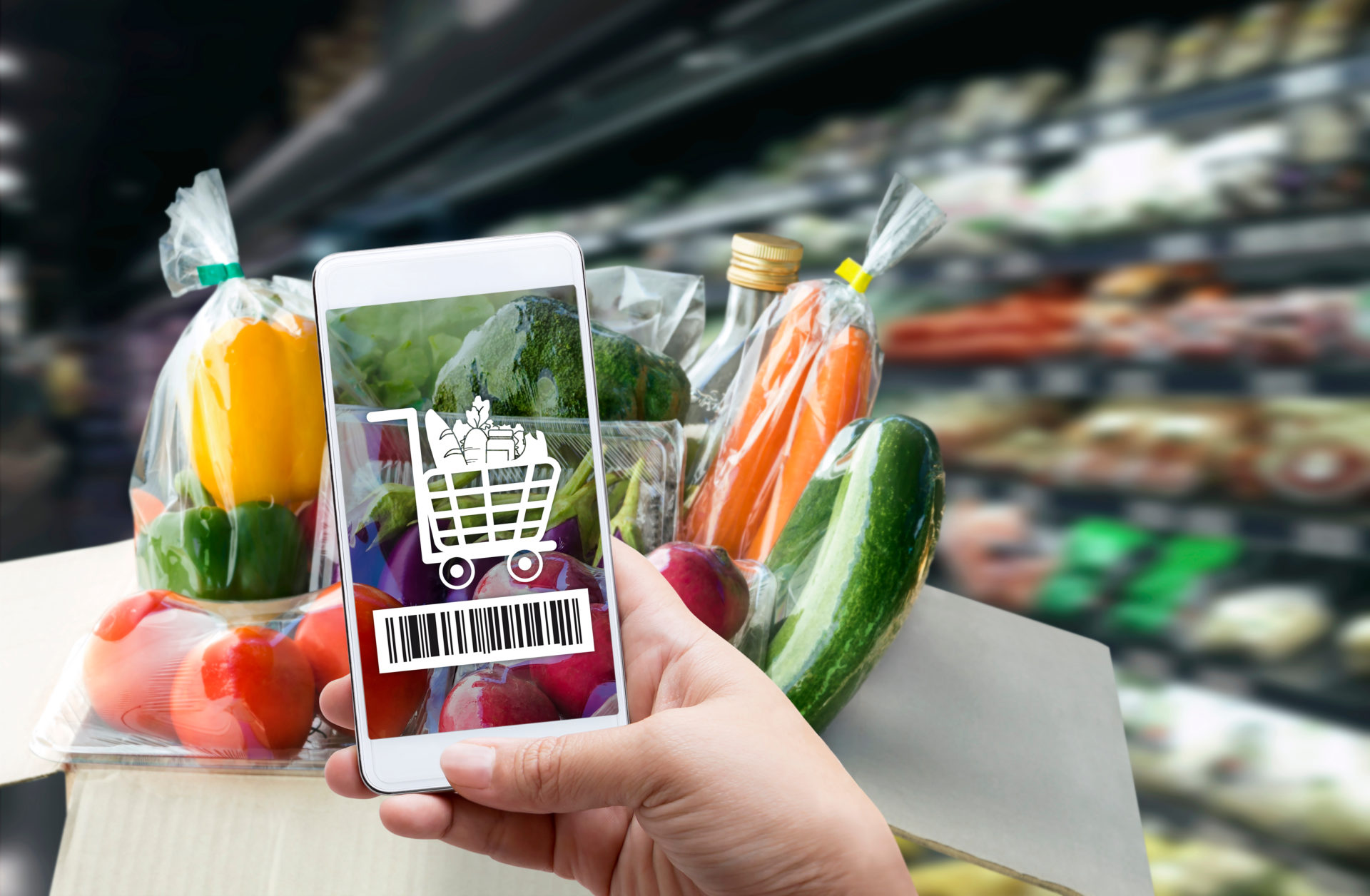
Ingredion partners with HowGood to measure ingredient sustainability
-
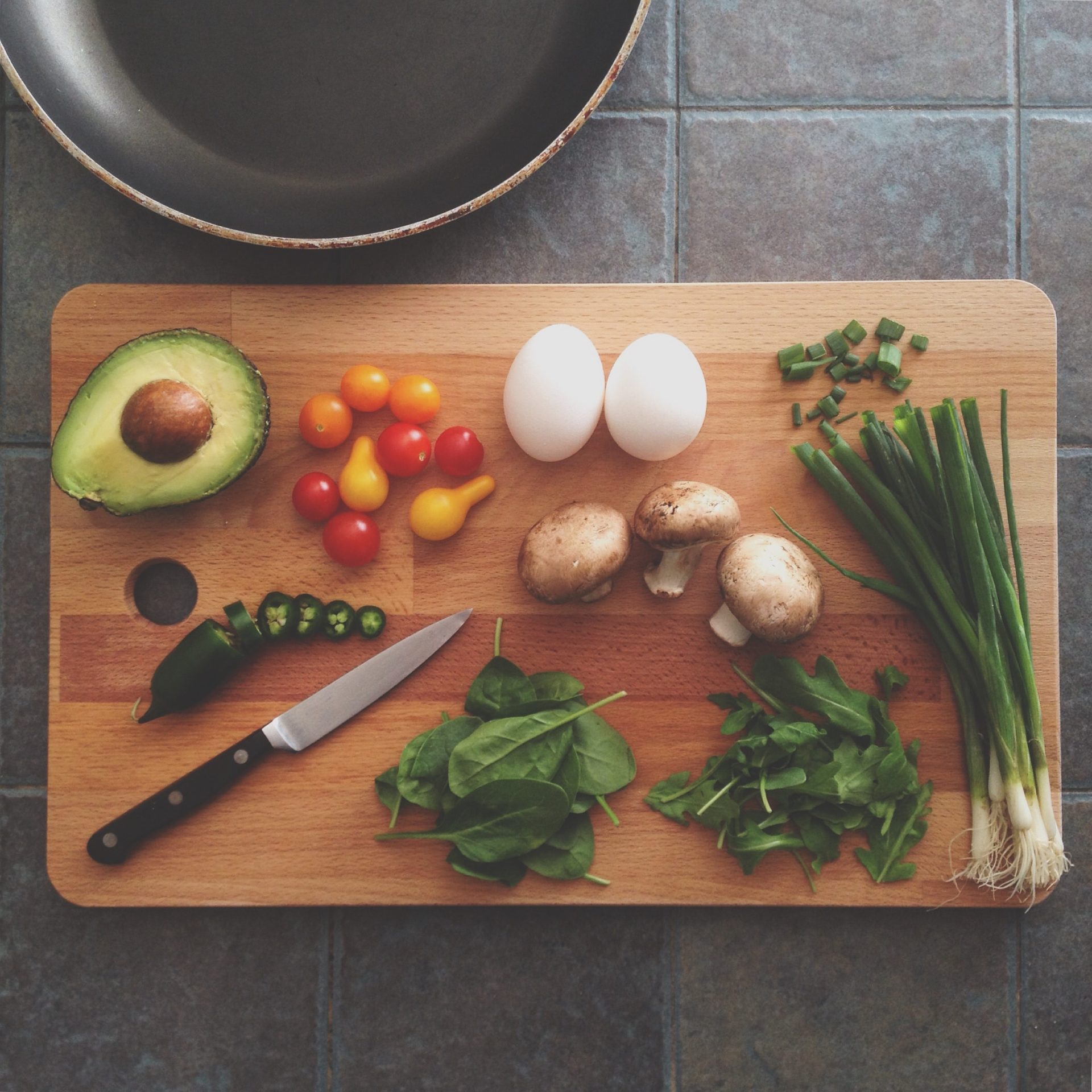
Sustainability measurements the goal of Ingredion partnership
-
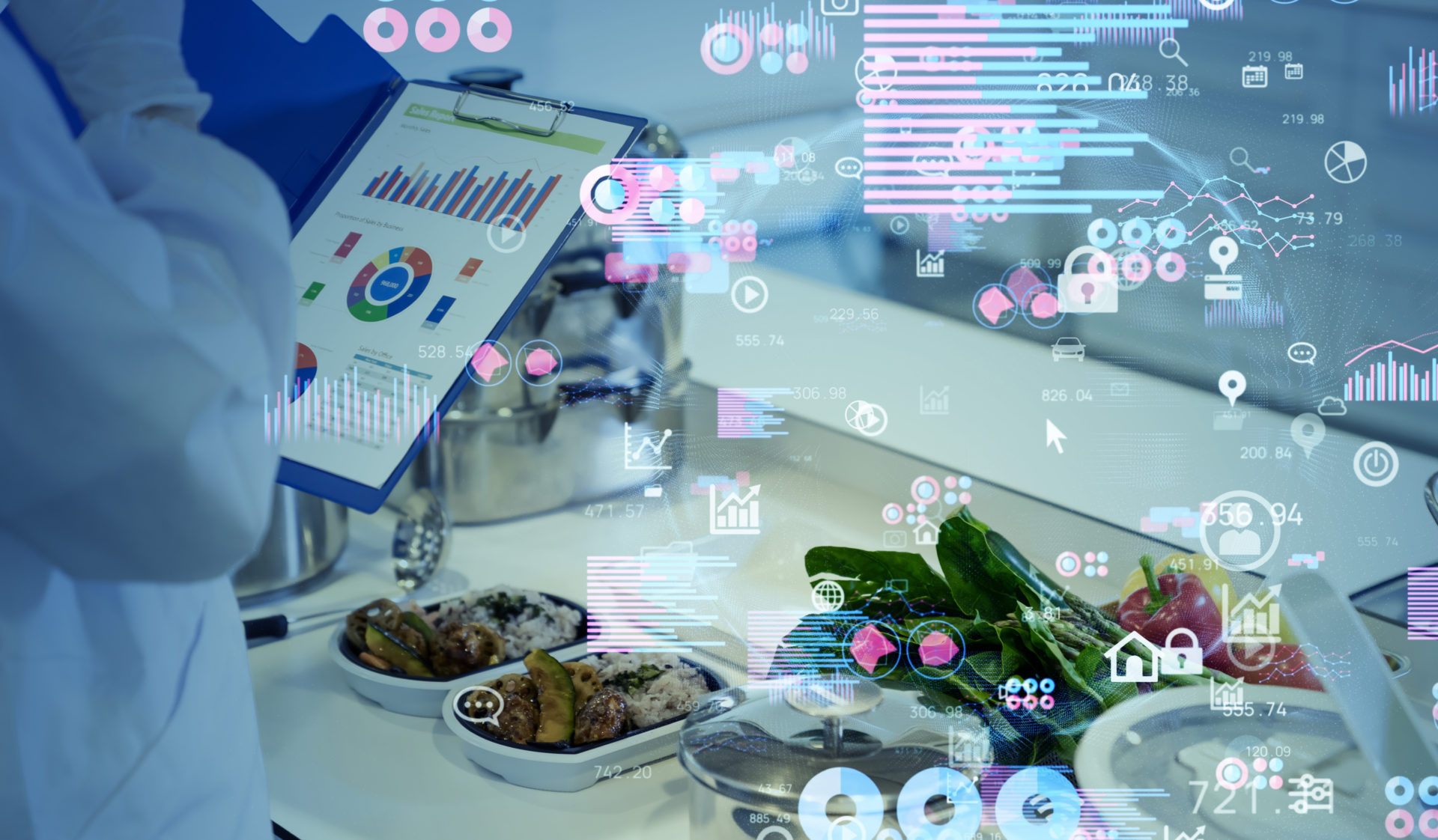
New Hope Network Announces Strategic Partnerships with SPINS and HowGood
-
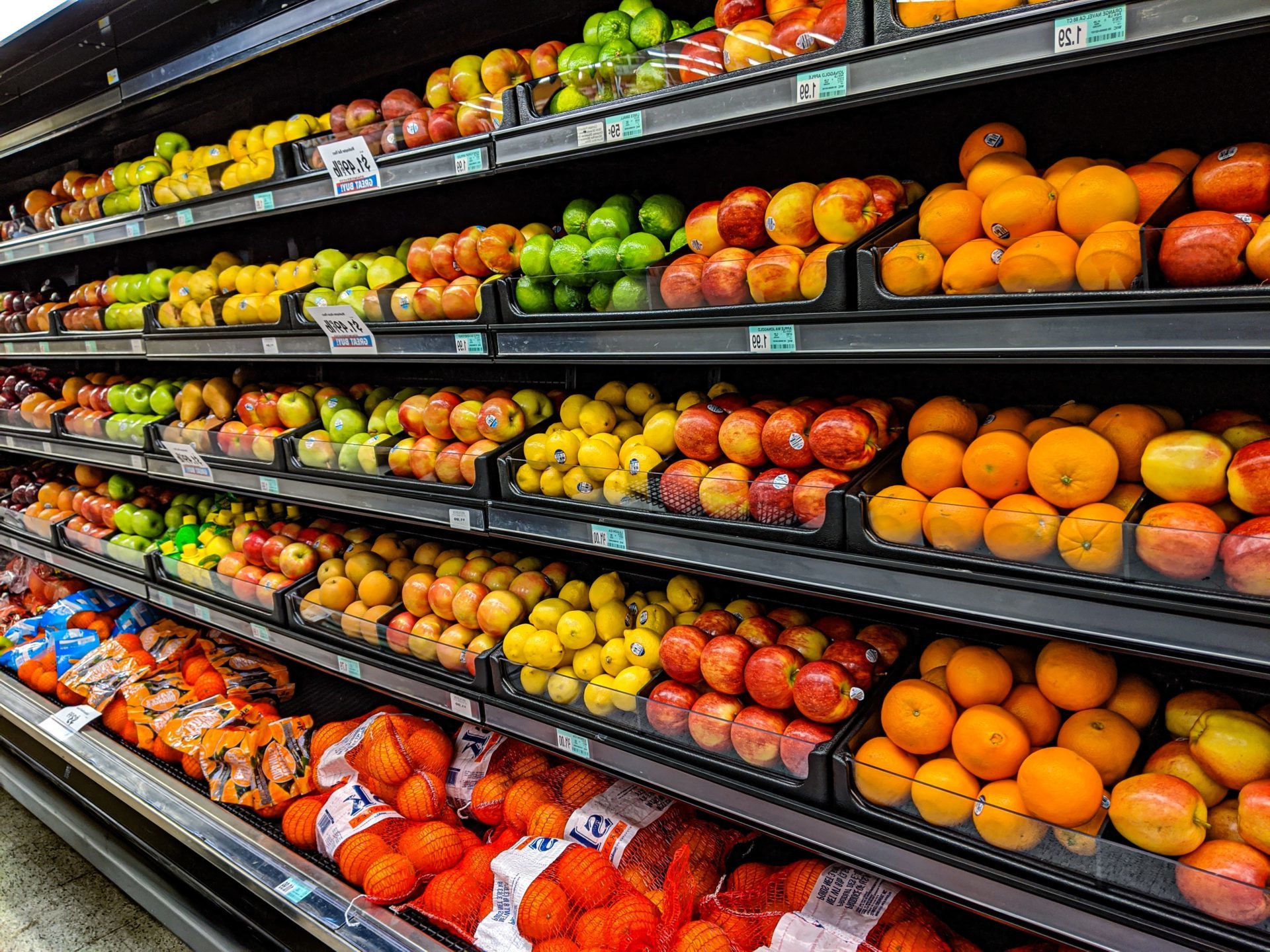
HowGood exec on linking regenerative farming to food industry impact
-
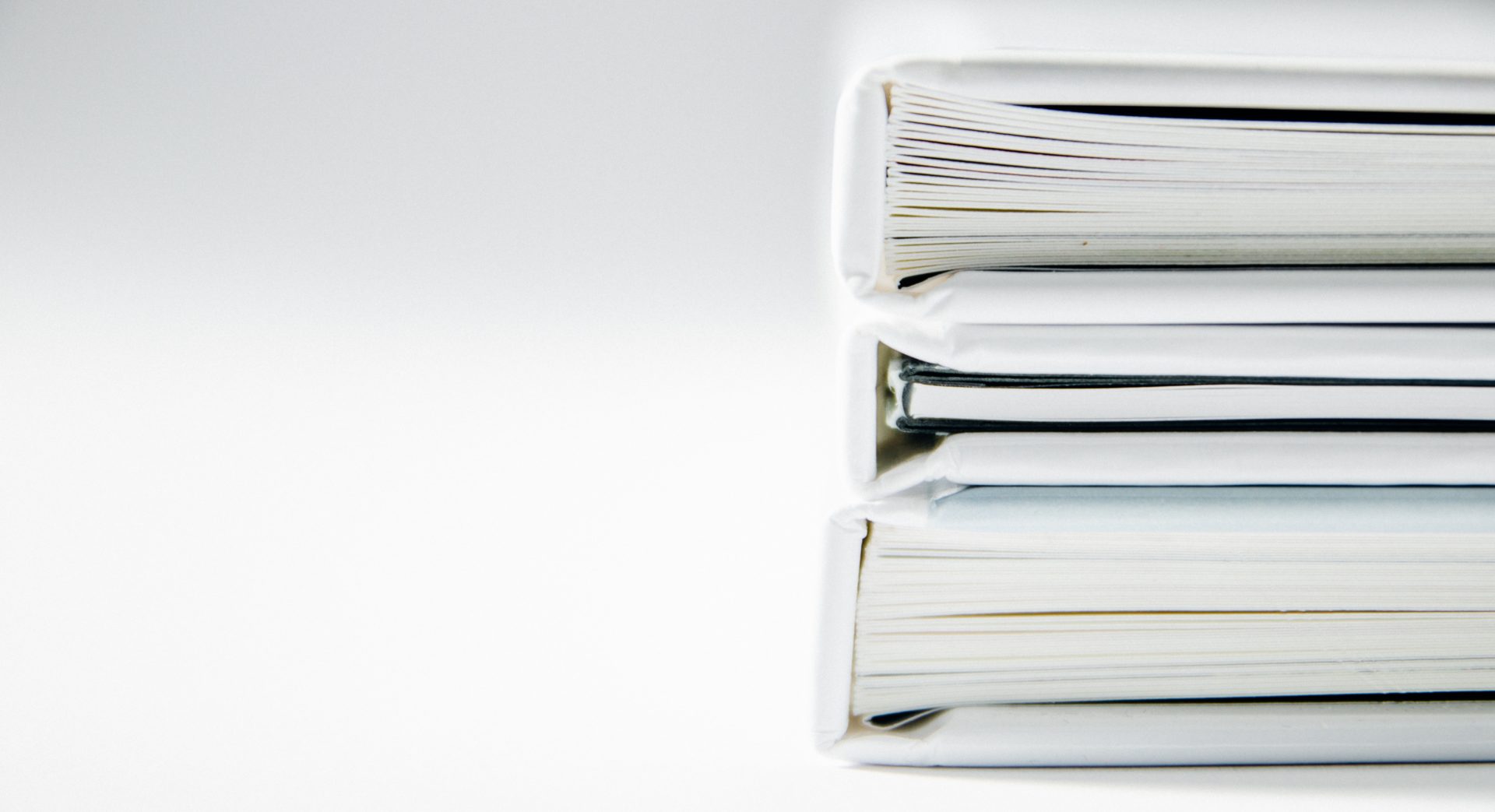
HowGood Product Sustainability Playbook
-
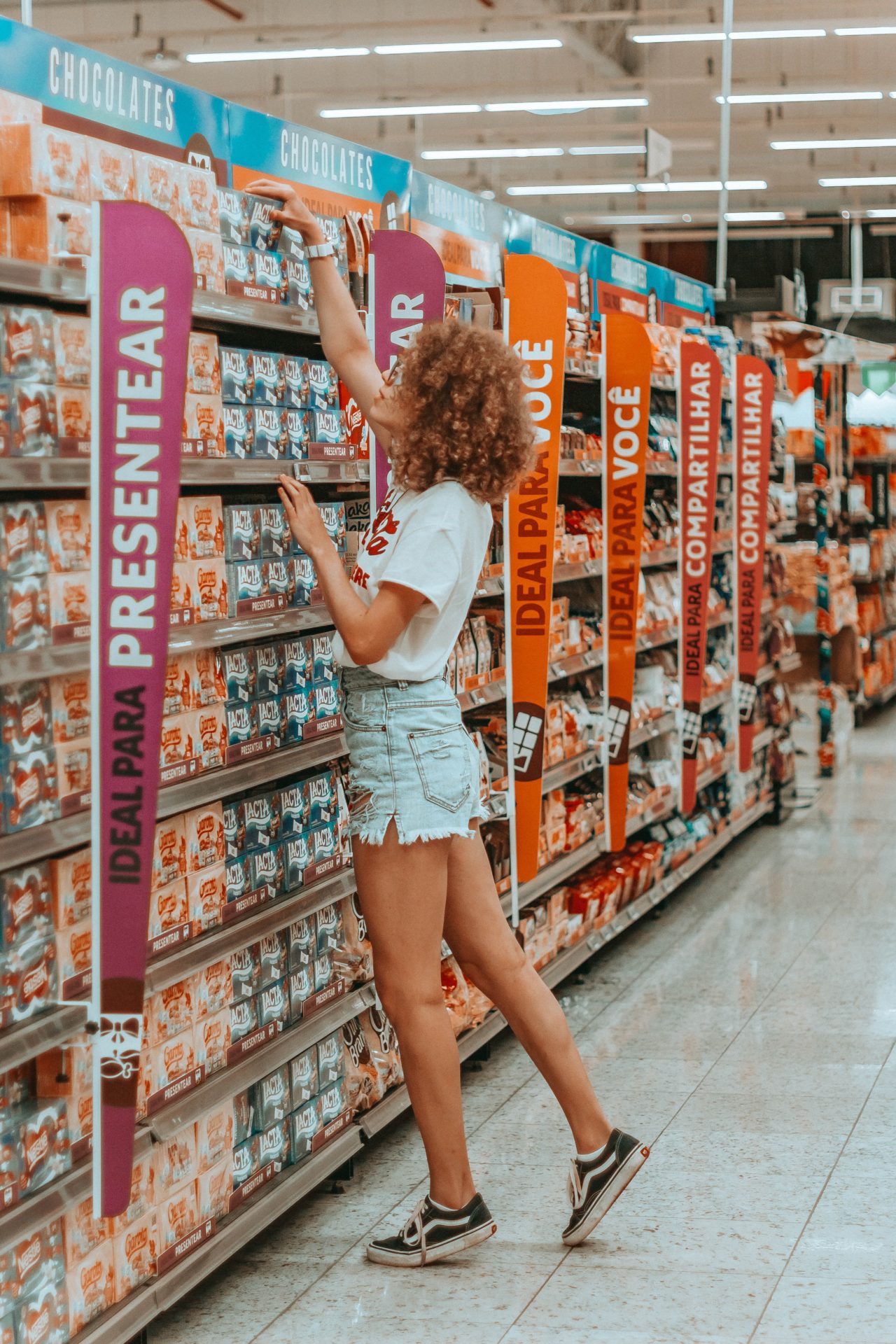
Choosing the Best Sustainability Label for your Brand
